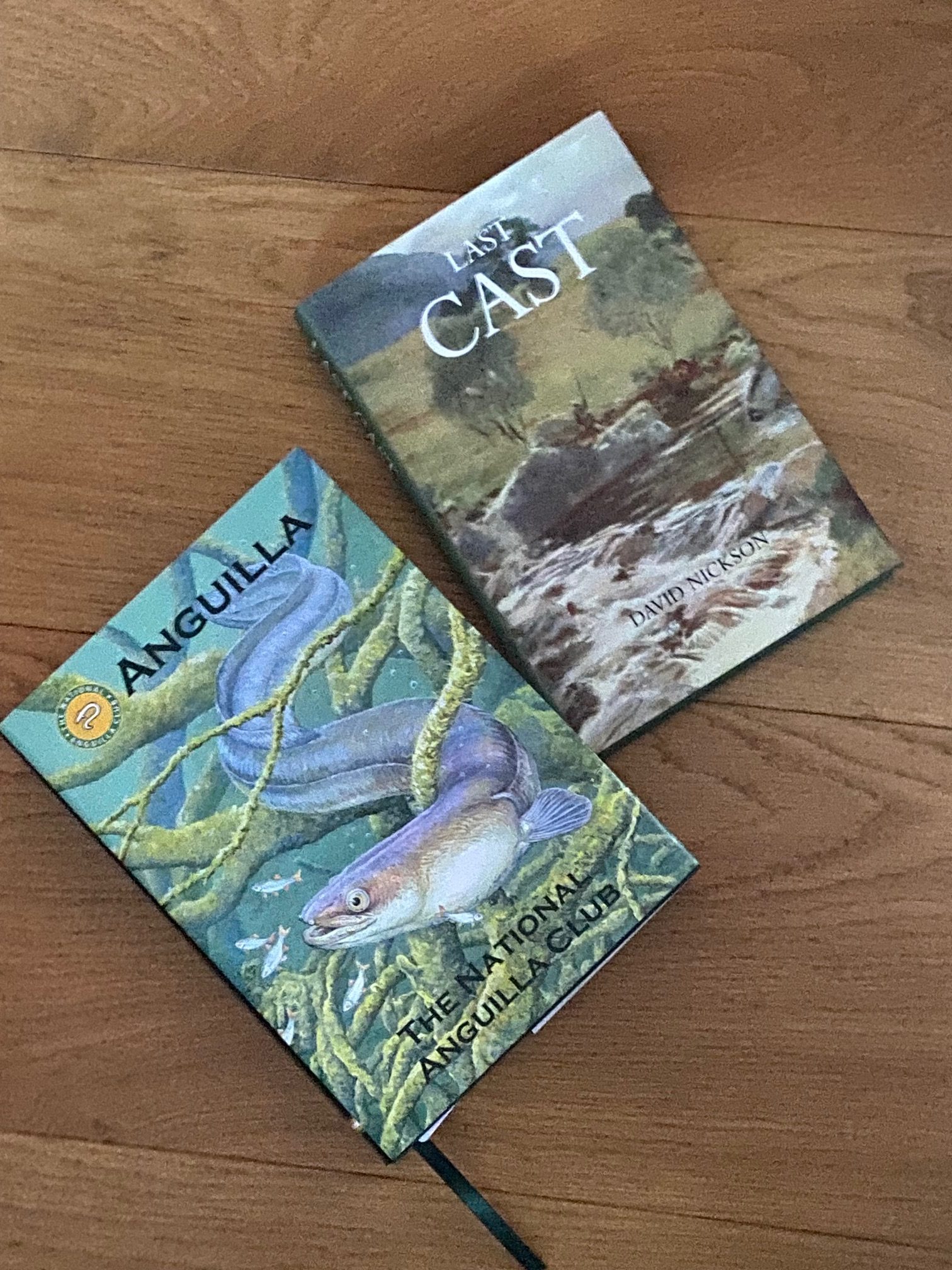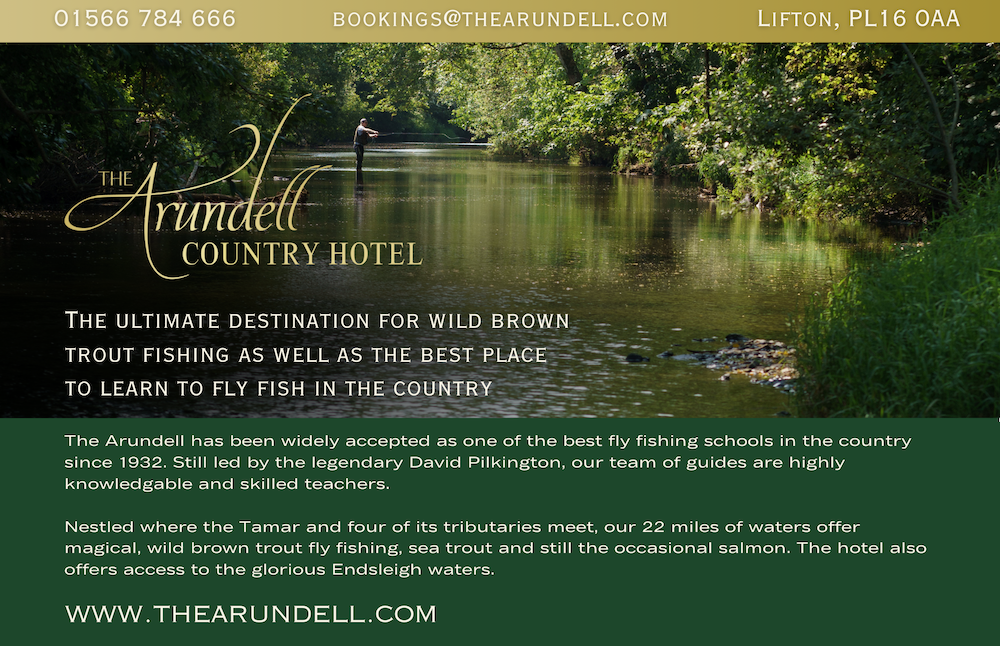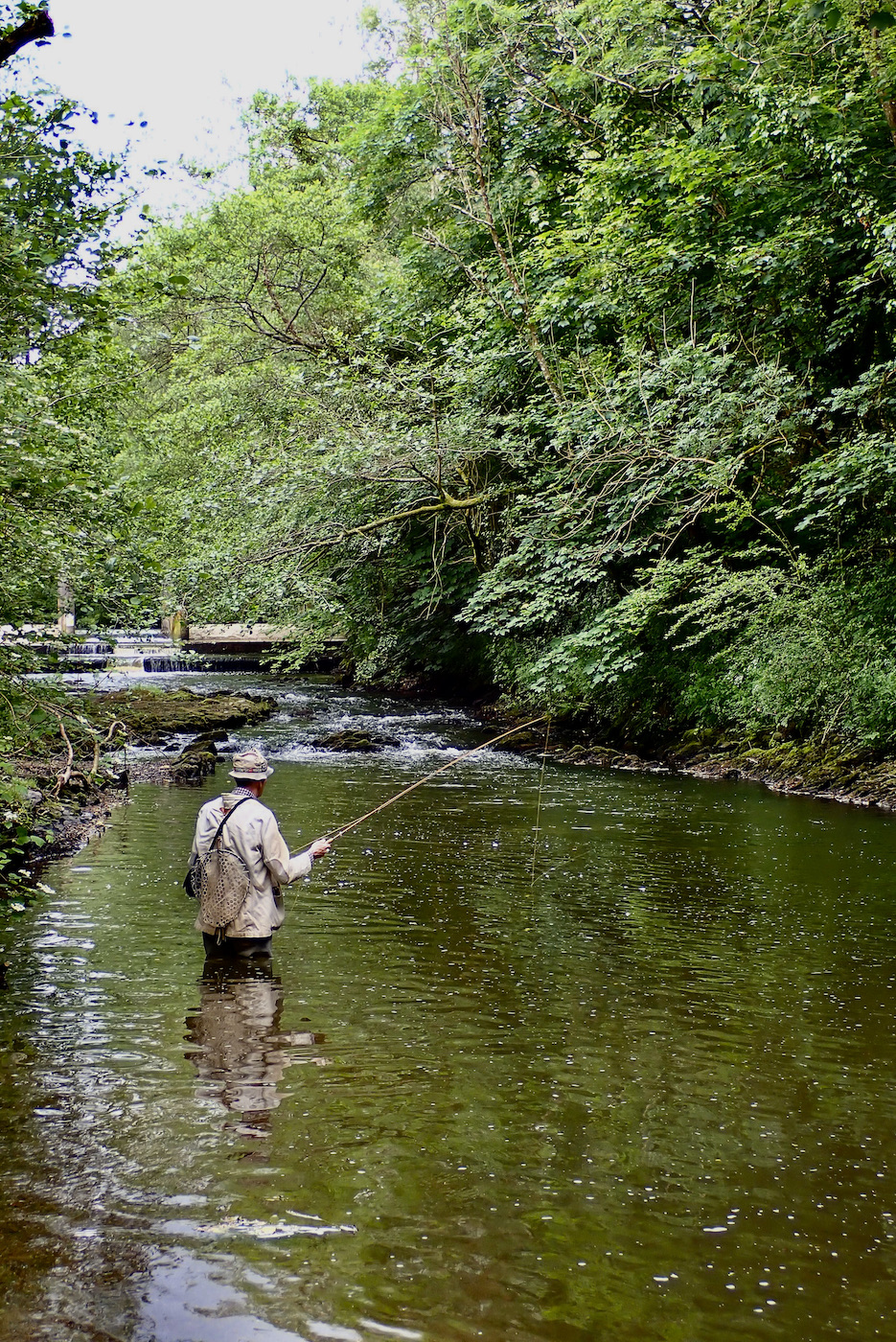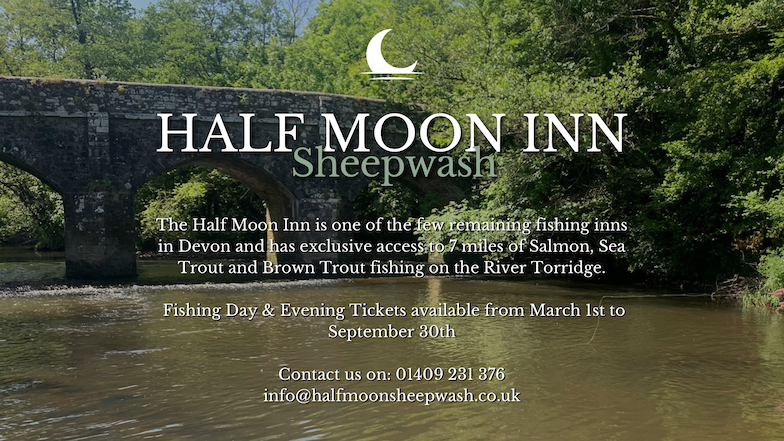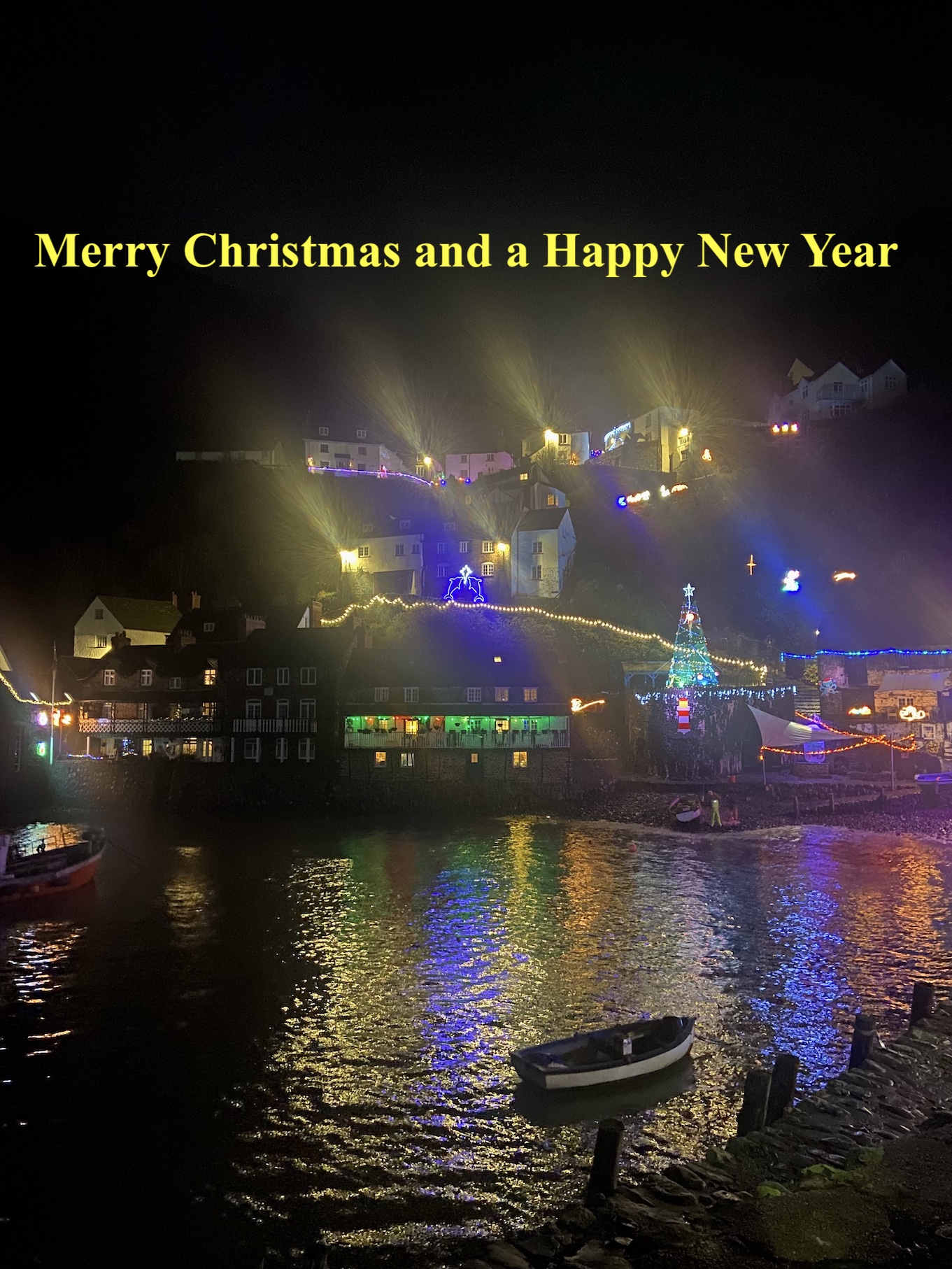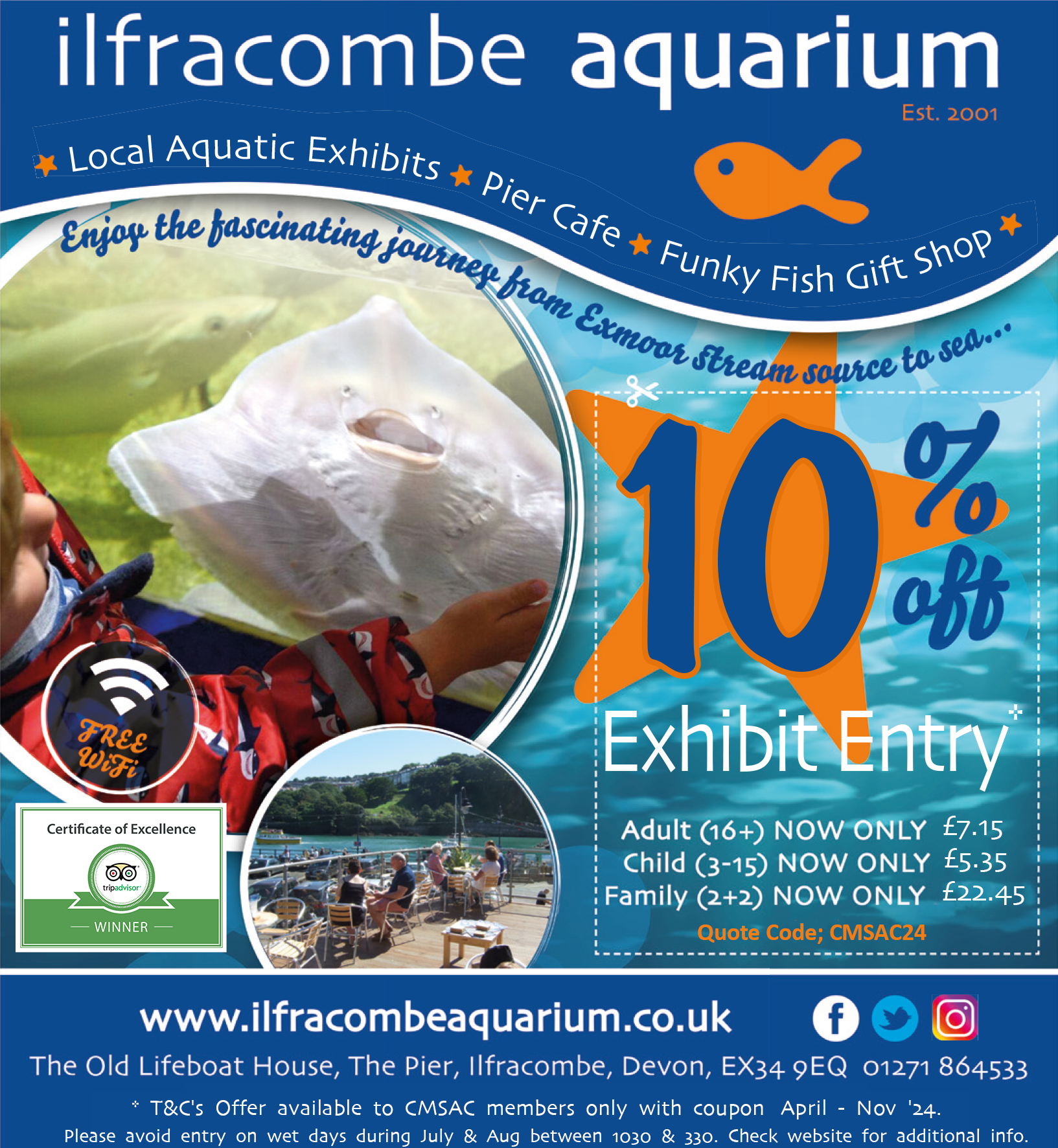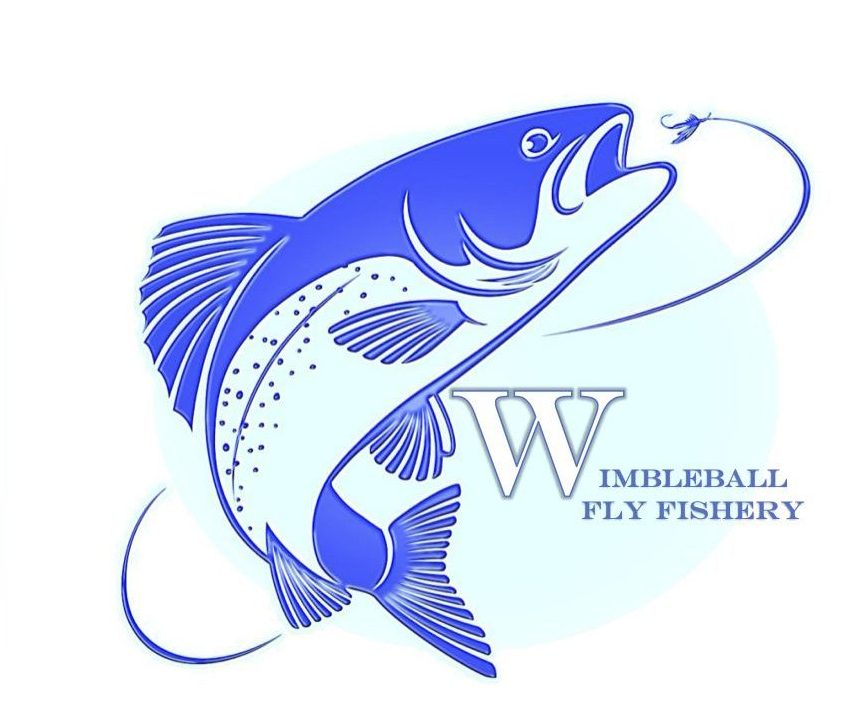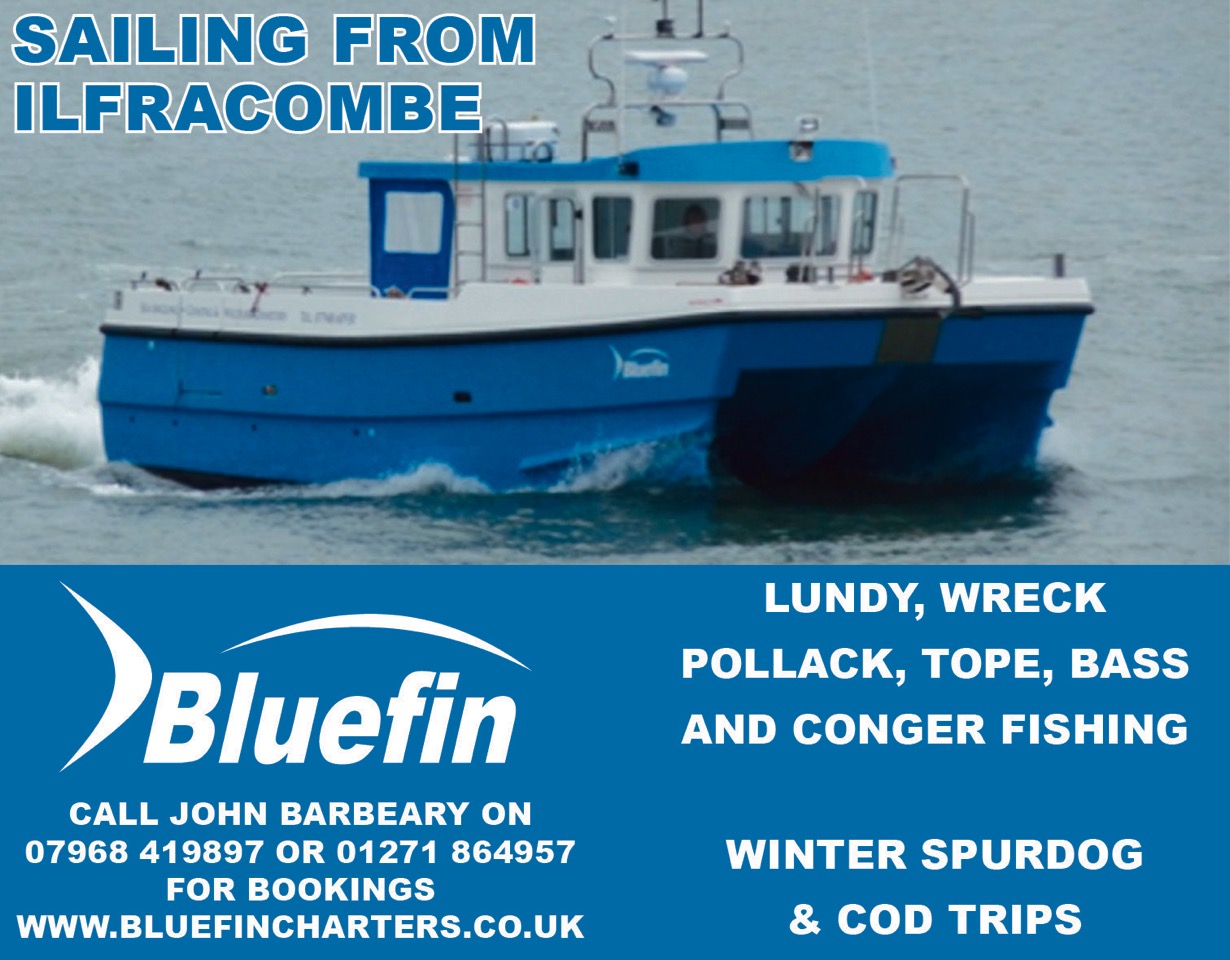
THE ARUNDELL – West Country TROUT FESTIVAL 14th/15th March
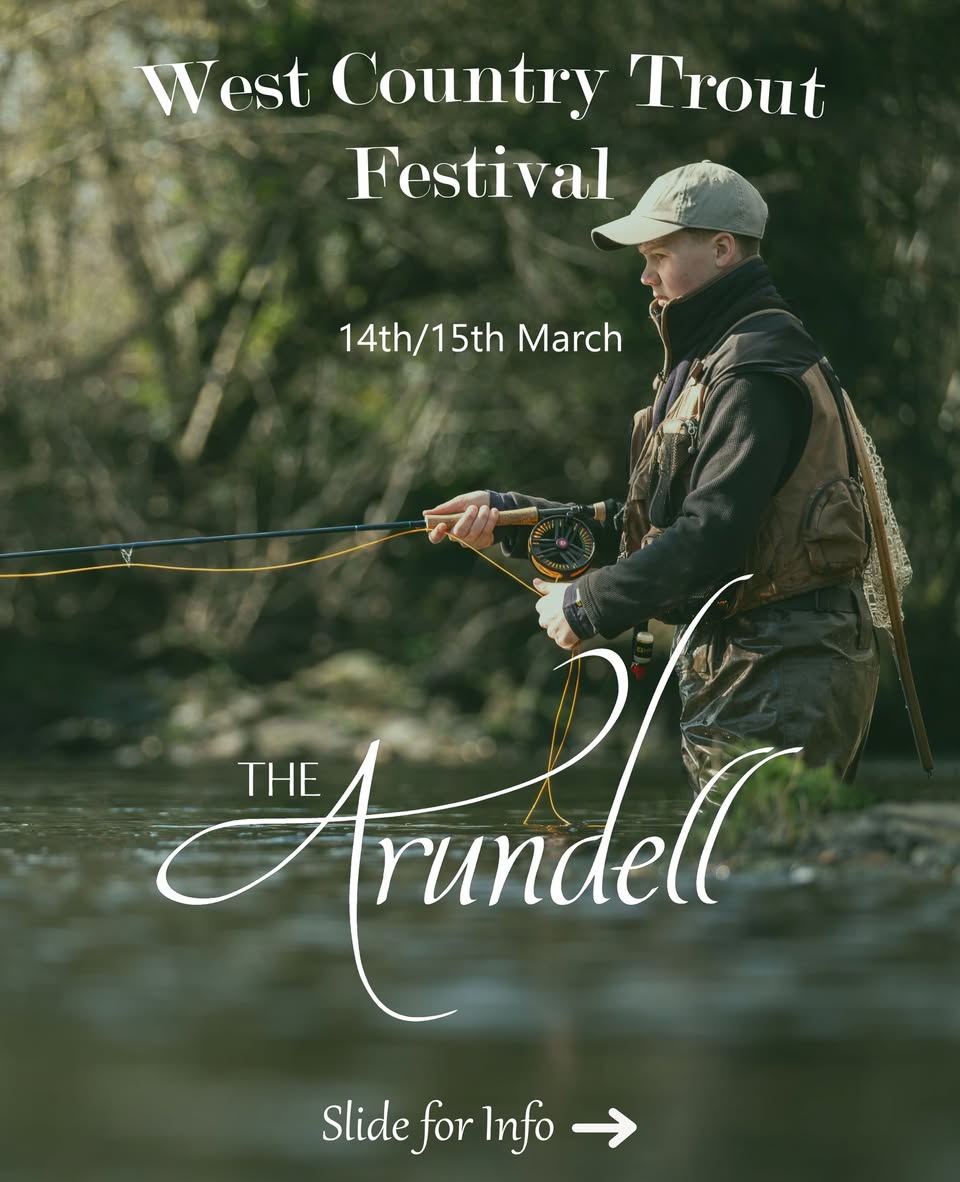
Join us on 14-15th March for the inaugural West Country Trout Festival.
Tickets available via Westcountry Trout Festival tickets – TheArundell. Alternatively purchase your tickets by contacting The Arundell on 01566 784666 or emailing [email protected]
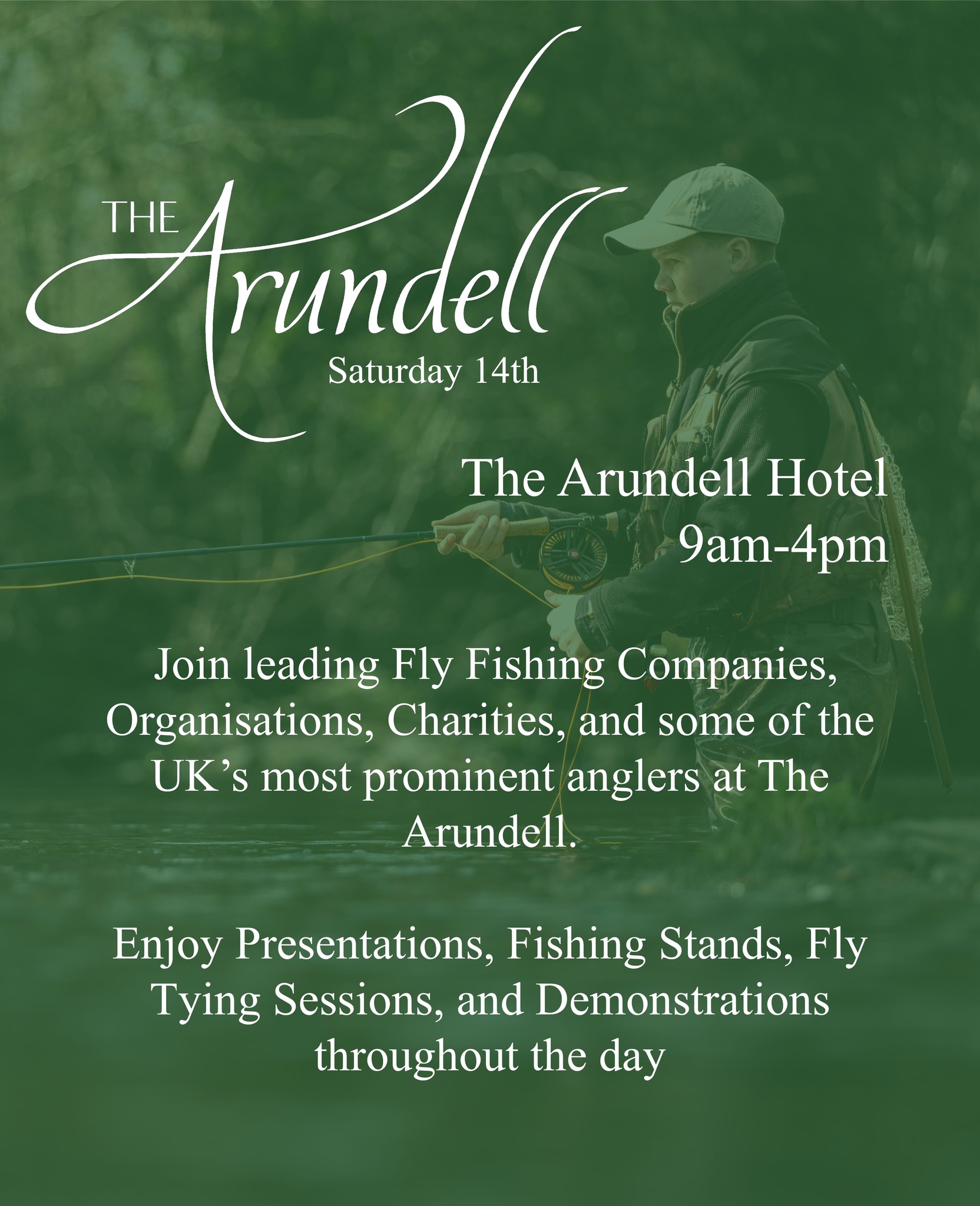
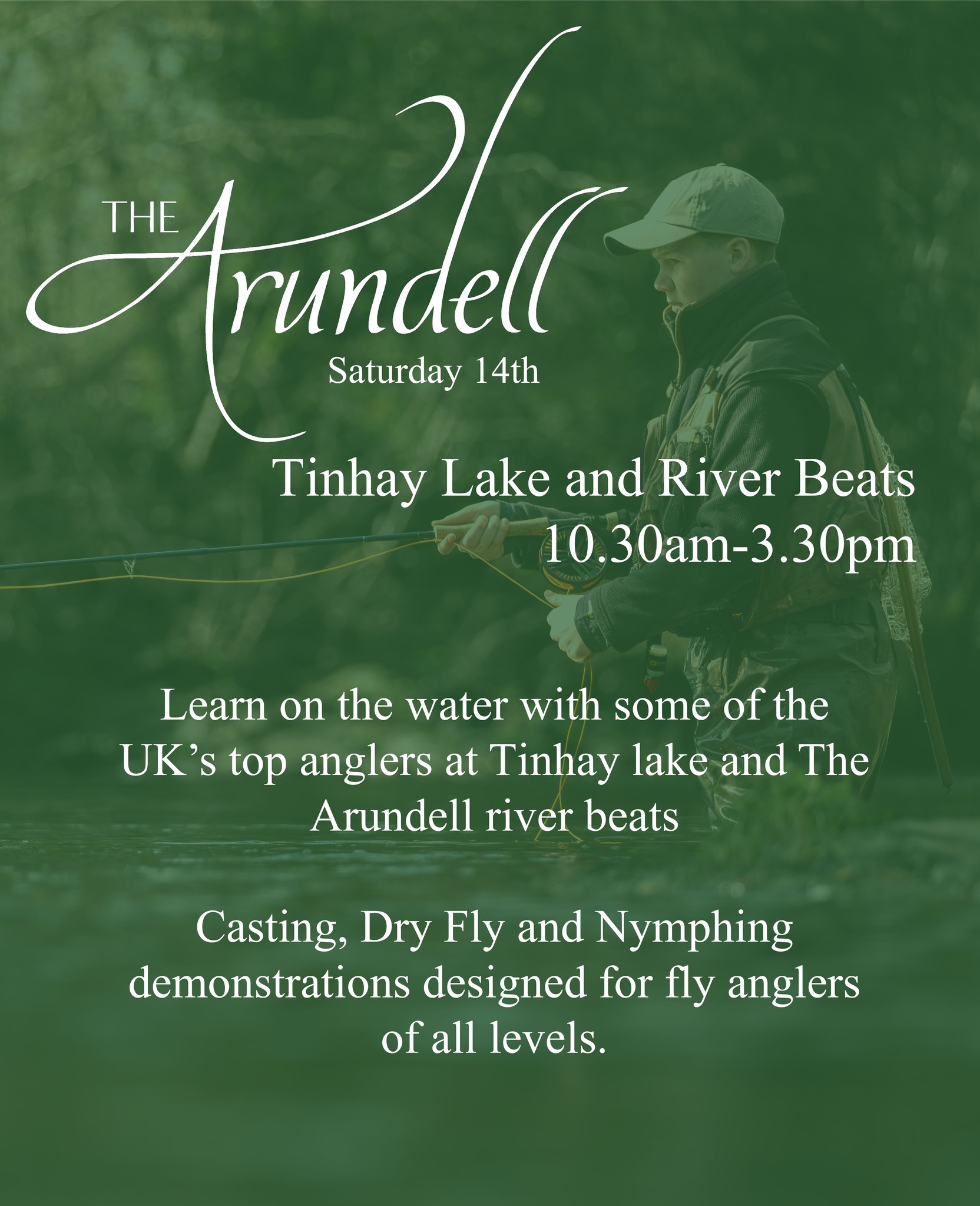
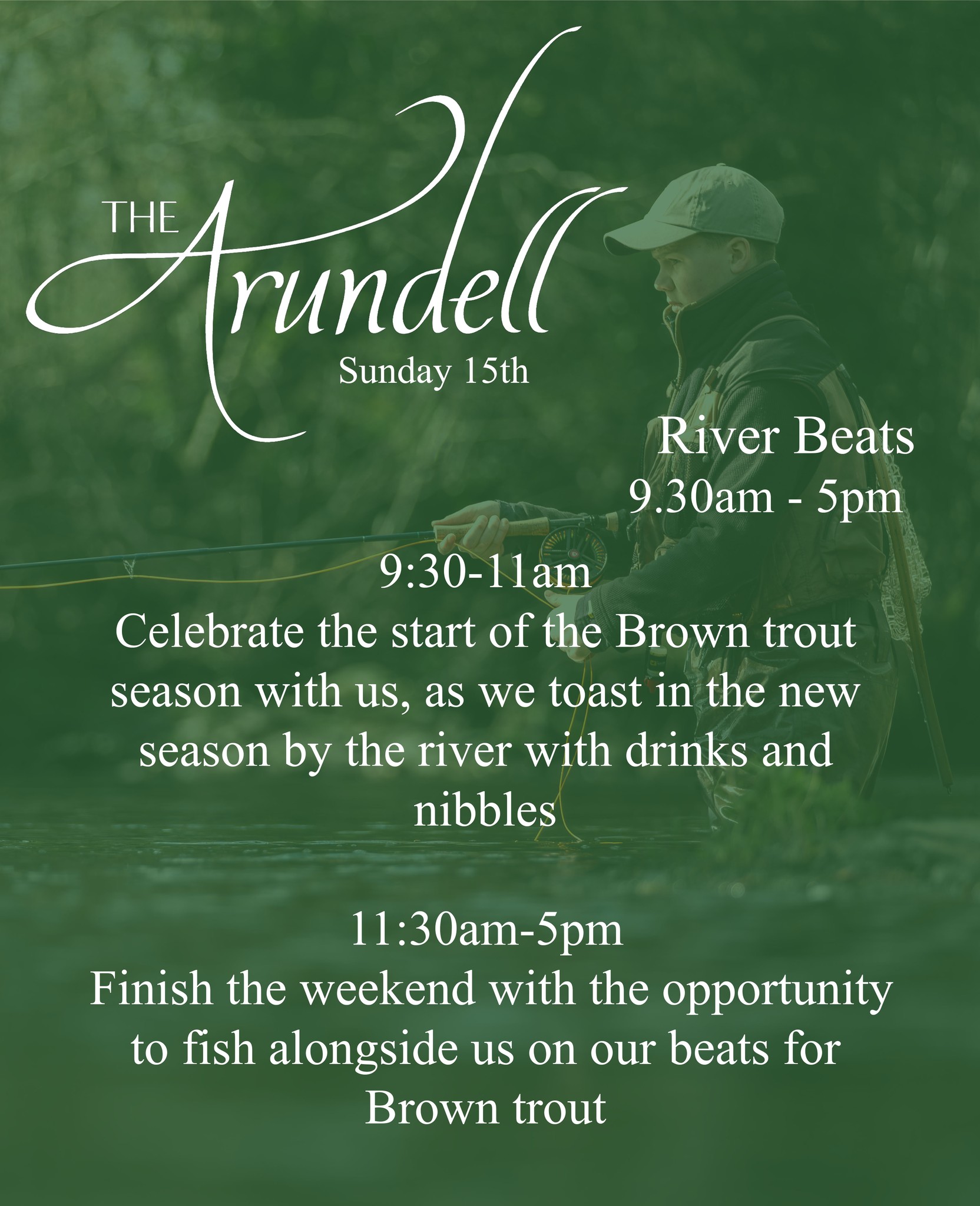
ANGLING REPORT – January 12th 2026
ANGLING REPORT
Flounder Season Conclusion

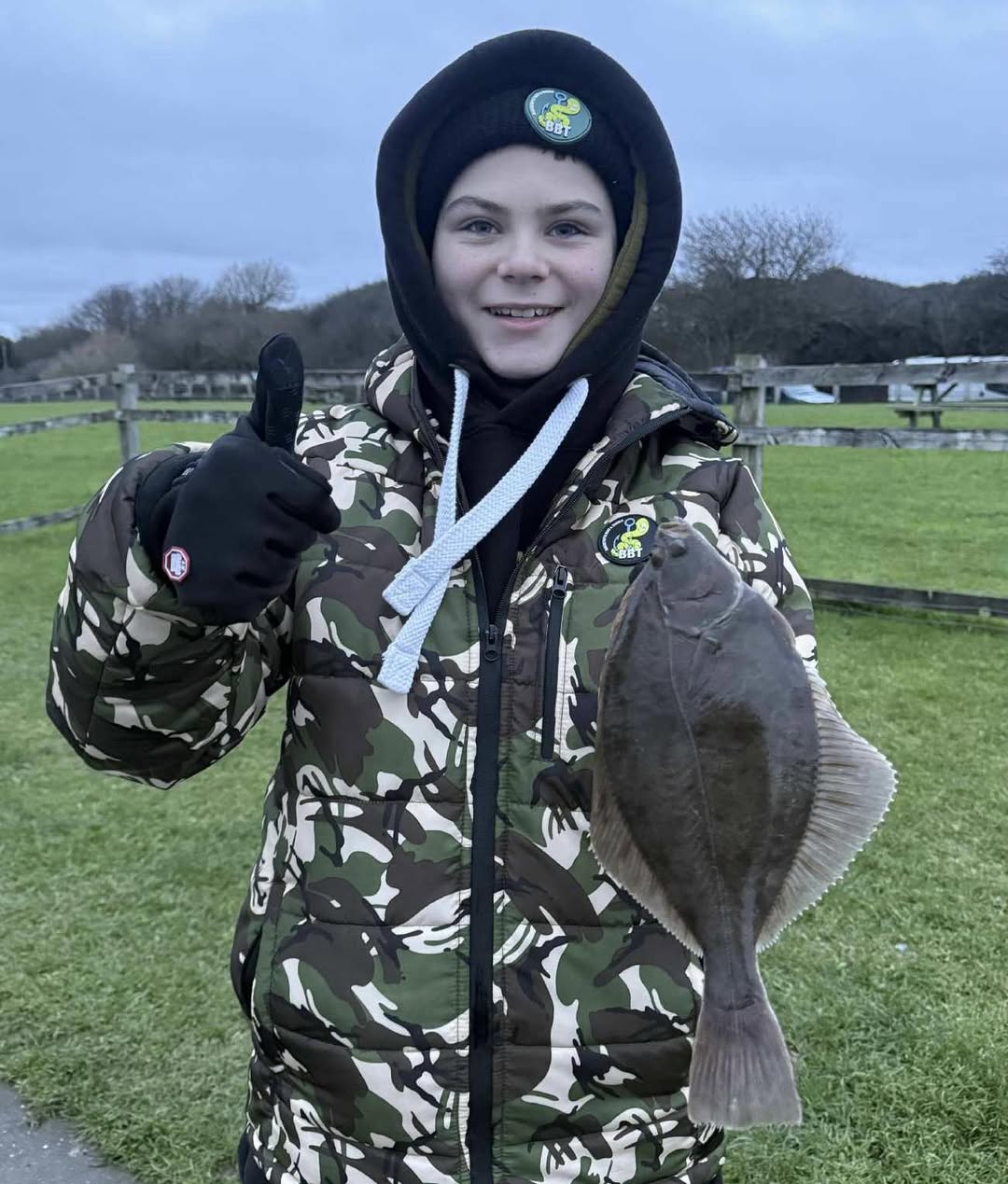
Barnstaple Bait and Tackles New Year flounder bash concluded the flattie season with several good flounder brought to the scales at Flukey’s Bar. Tyler Short caught the winning fish of 1lb 8.25oz. Kevin Hancock was runner up with a flounder of 1lb 8oz and Shane Murch third with a flattie of 1lb 5oz. A. J. Connaughton was top junior with a flounder of 1lb 5oz. Tyler Gammon runner up Junior with a flounder of 1lb 3oz and Josh Varbey third with a 1lb 2oz flounder. The series of flounder competitions held over the Autumn and Winter months by Barnstaple Bait and Tackle and David Jenkin’s have proved extremely popular with good numbers of Juniors catching their first fish. David and Barnstaple Bait and Tackle look forward to organising more events next season.

Bideford Angling Clubs end of season sea competition saw Dale Kiff secure the top two places with a spurdog and 10lb 3oz and a bull huss of 8lb 14oz.
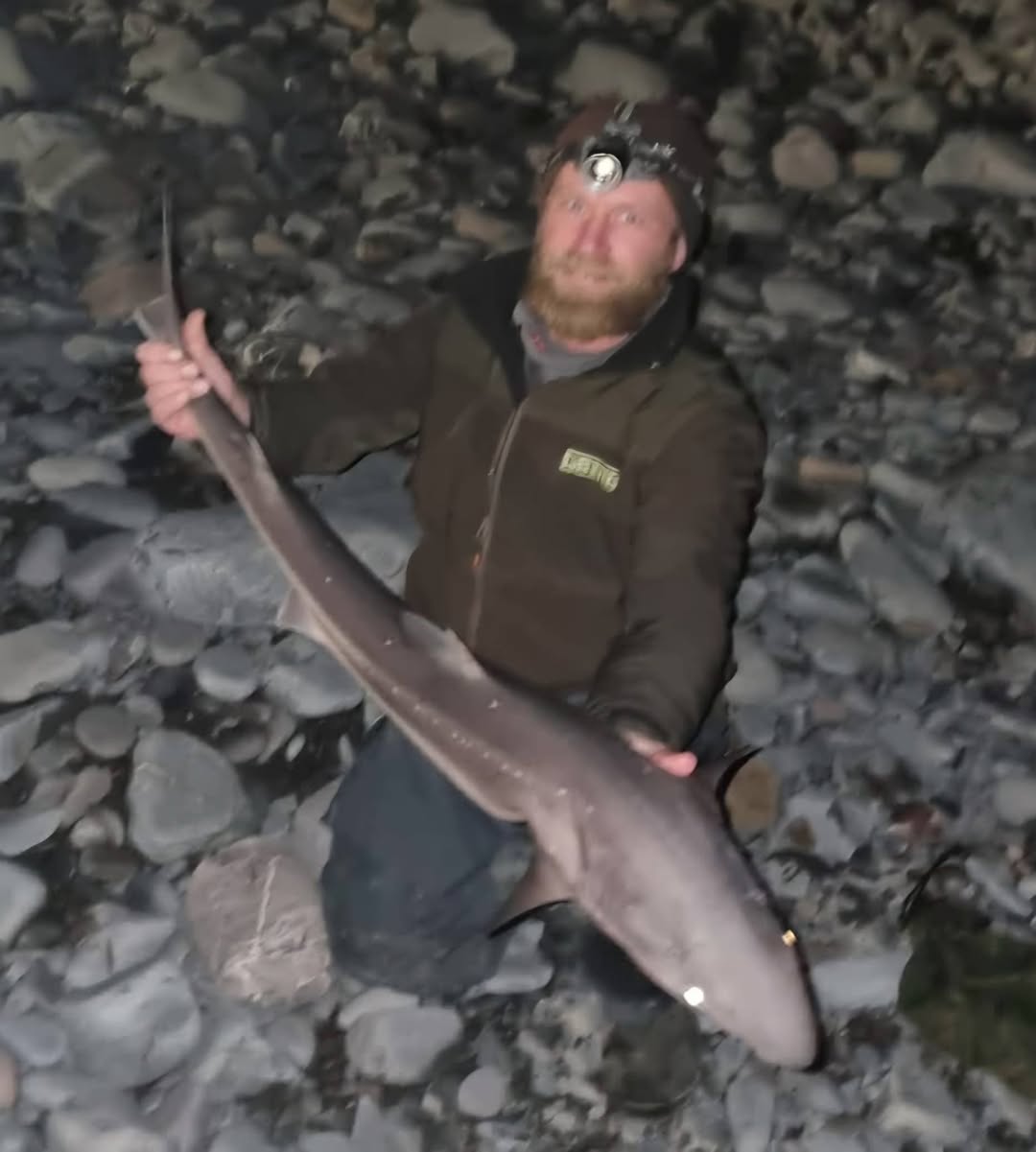
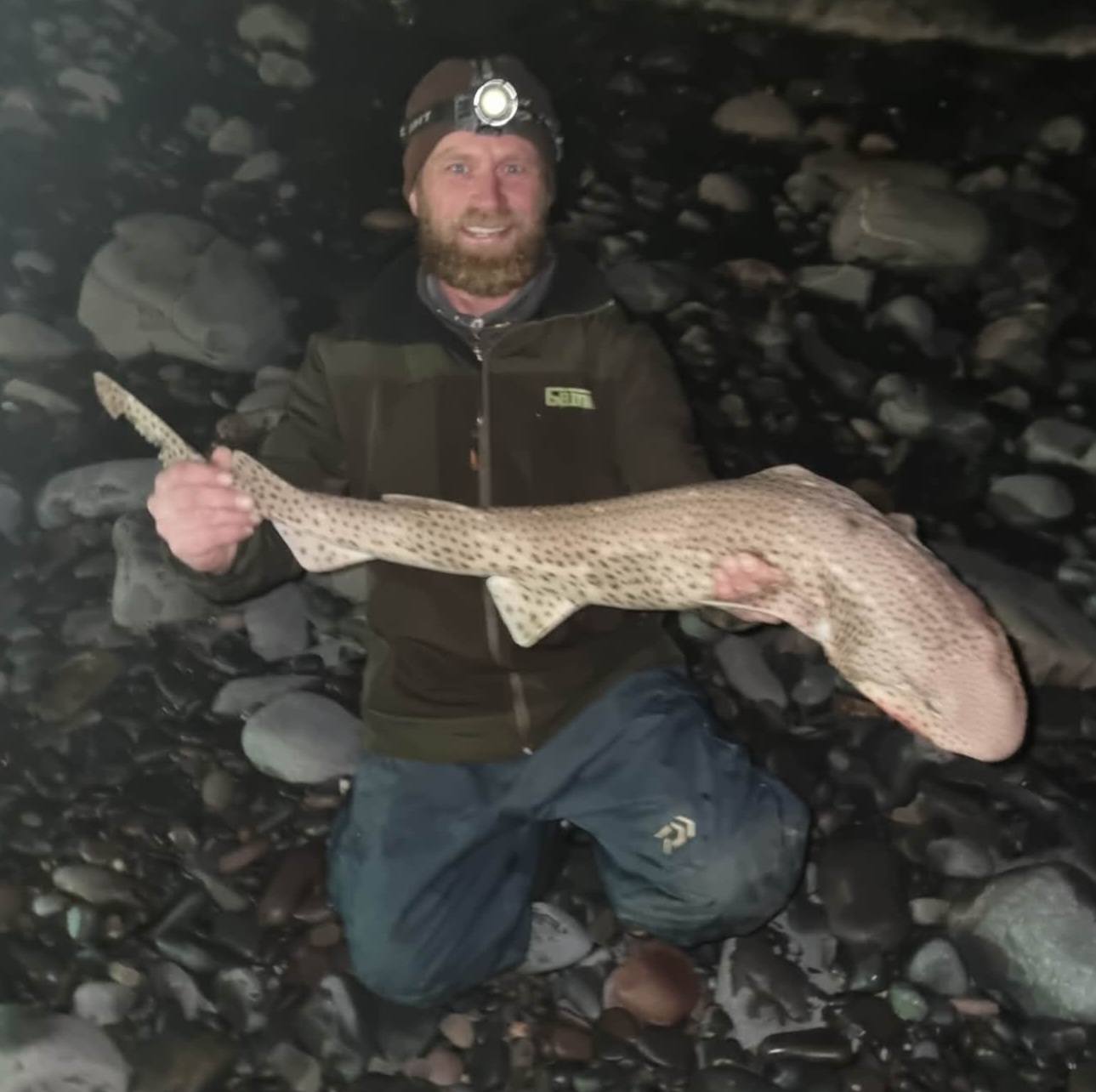

Josh Atkinson secured the top three places in Appledore Shipbuilders January Rover with a brace of pouting weighing 1lb 1.5oz and 13.75oz along with a dogfish of 1lb 13.25oz. Competitors caught bull huss, whiting, conger, rockling and codling.
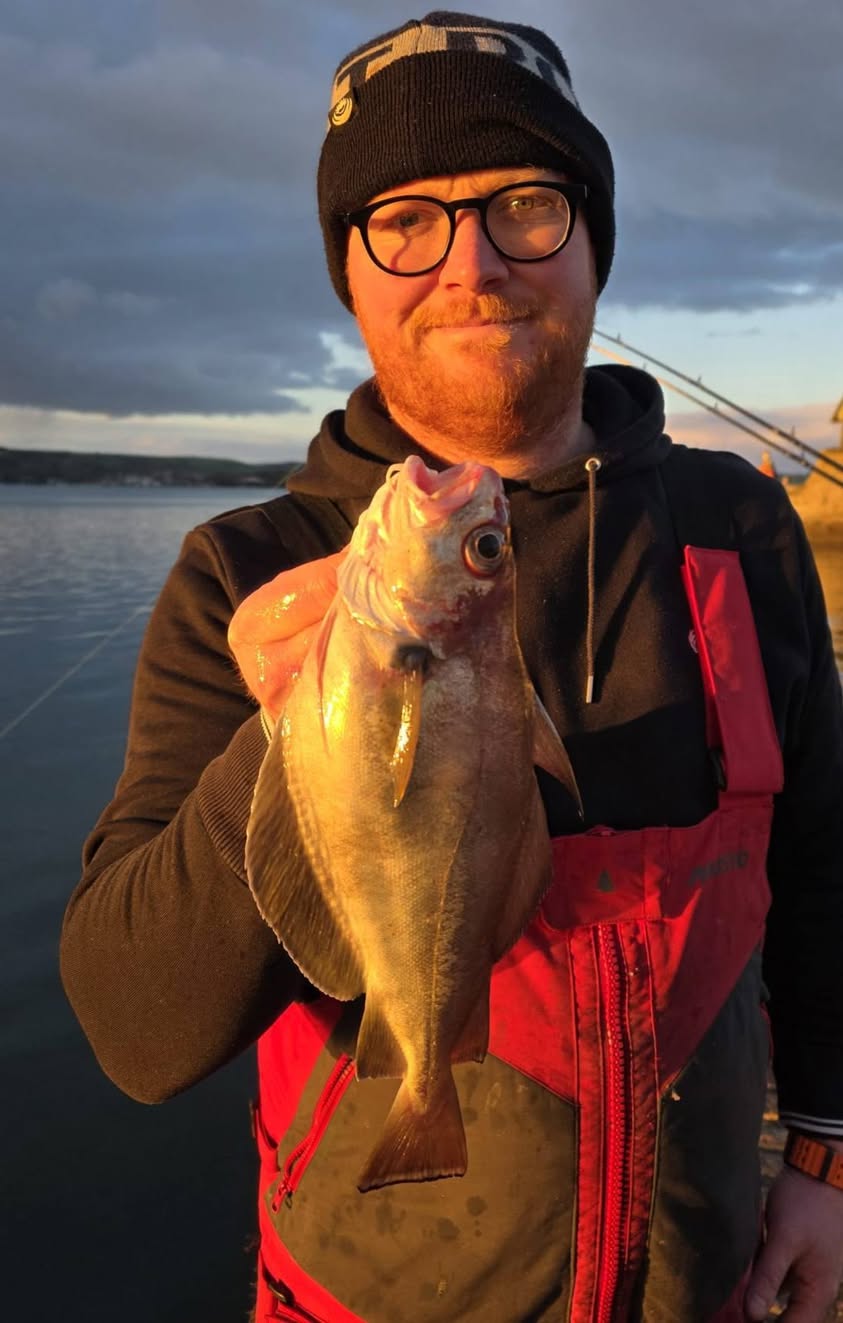
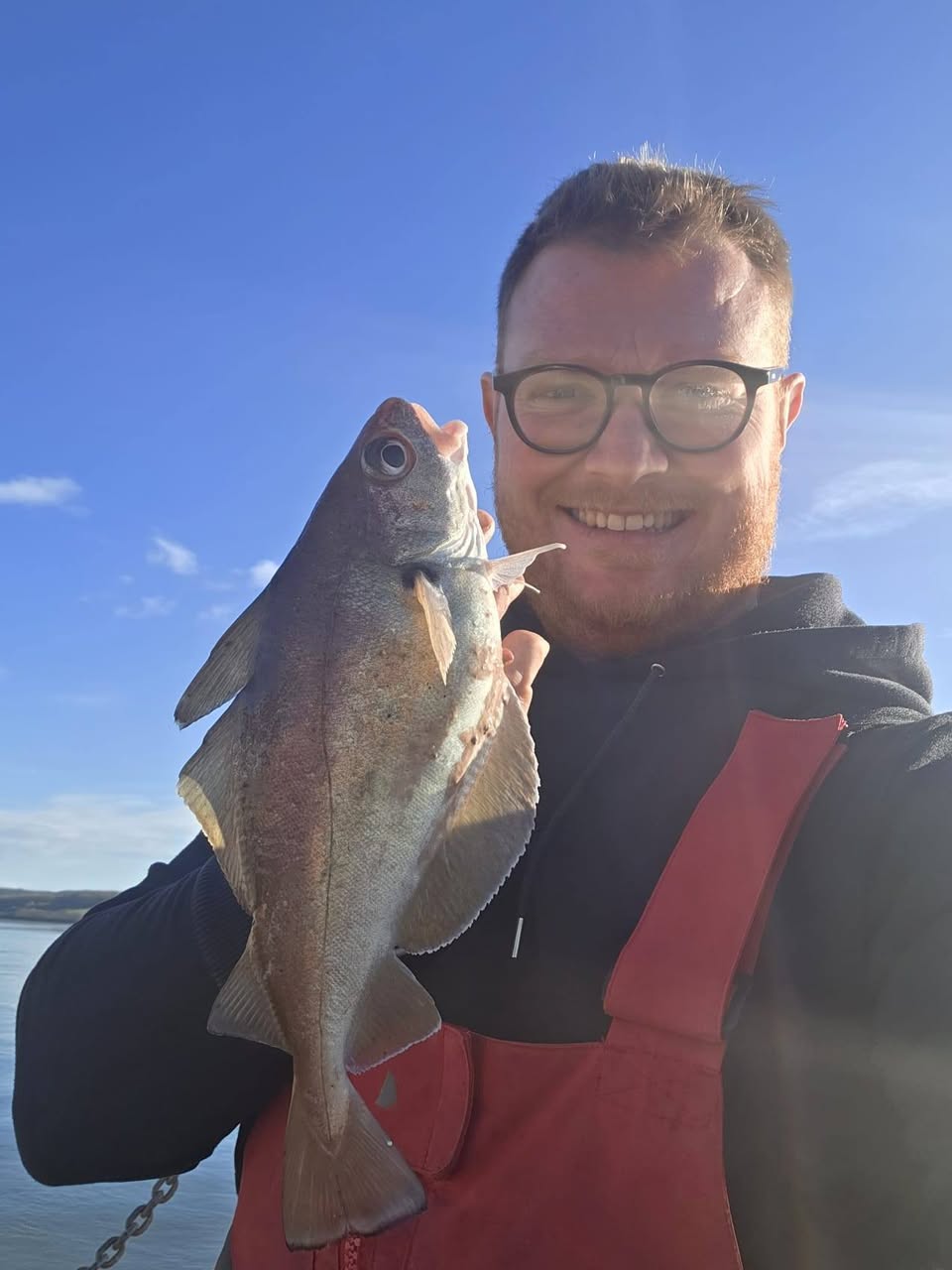
Bideford Angling Clubs January Coarse Match at their home venue Tarka Swims was won by Nathan Underwood with 23lb 11oz. Kevin Shears was runner up with 19lb 4oz and Paul Elworthy third with 5lb 9oz.
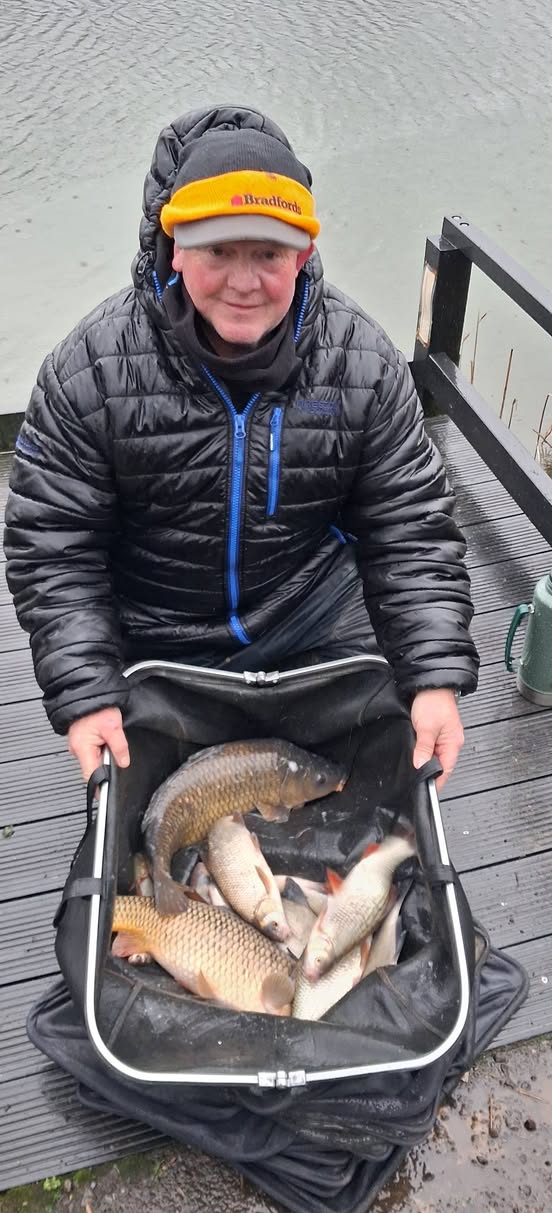
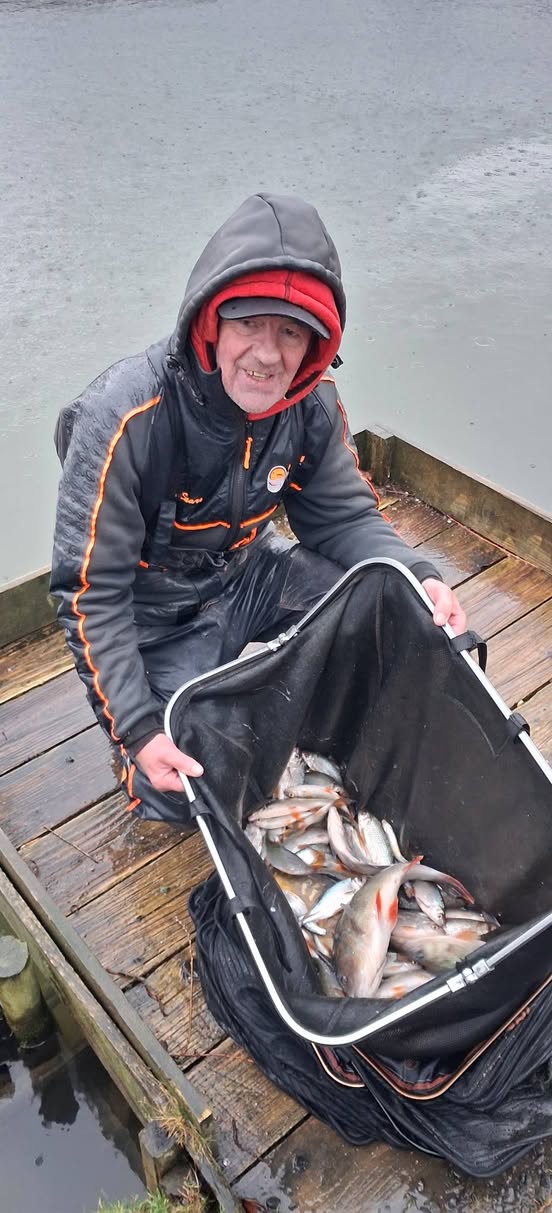
Winter trout fishing is thriving at Bulldog Fishery where consistent sport is being enjoyed by visiting anglers. Highlight of New Year catches was a fine double figure brown trout caught by Garth Fuchs. The fishery are holding an Open Competition on February 1st contact the fishery to book as spaces are limited.
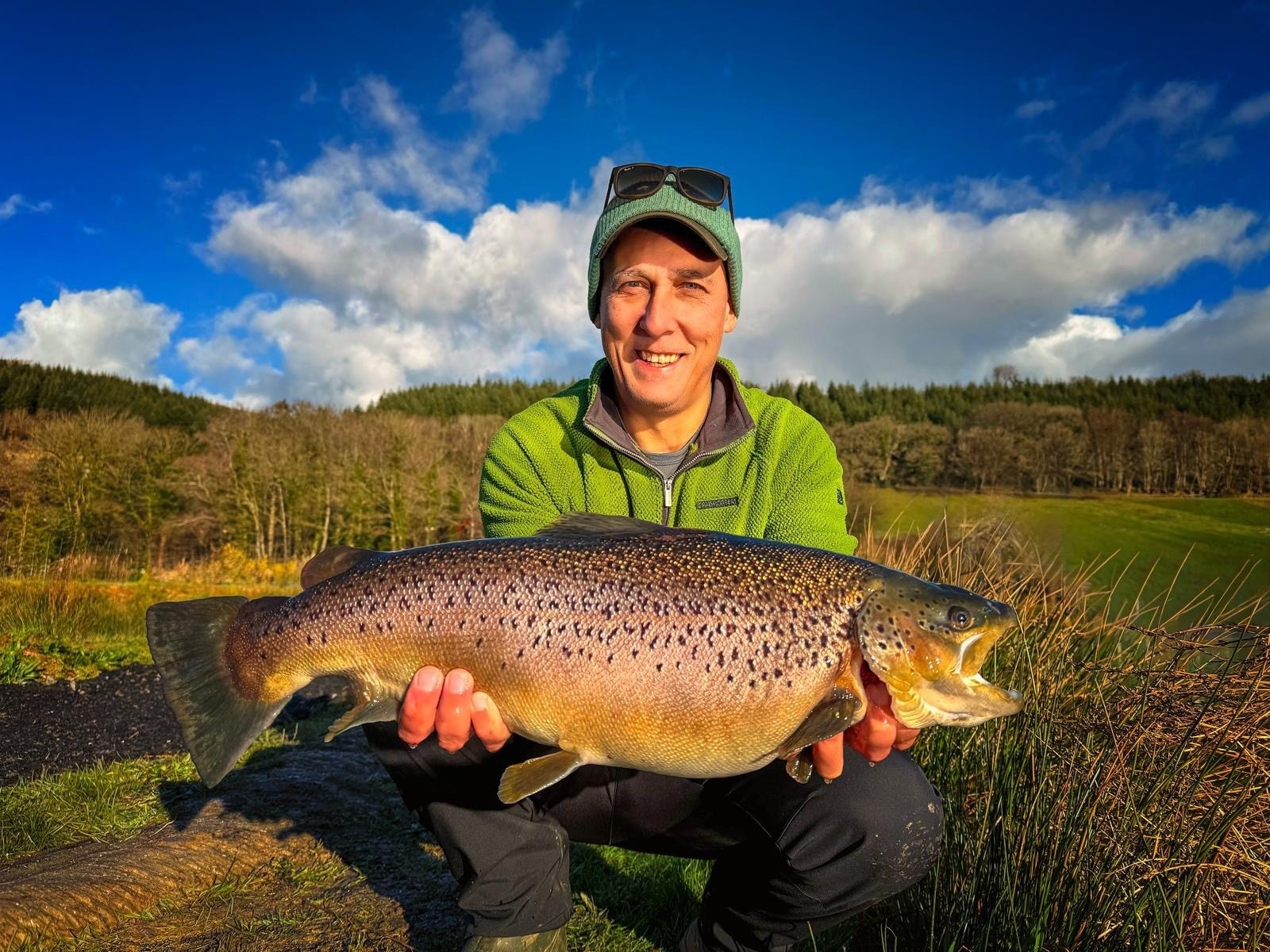
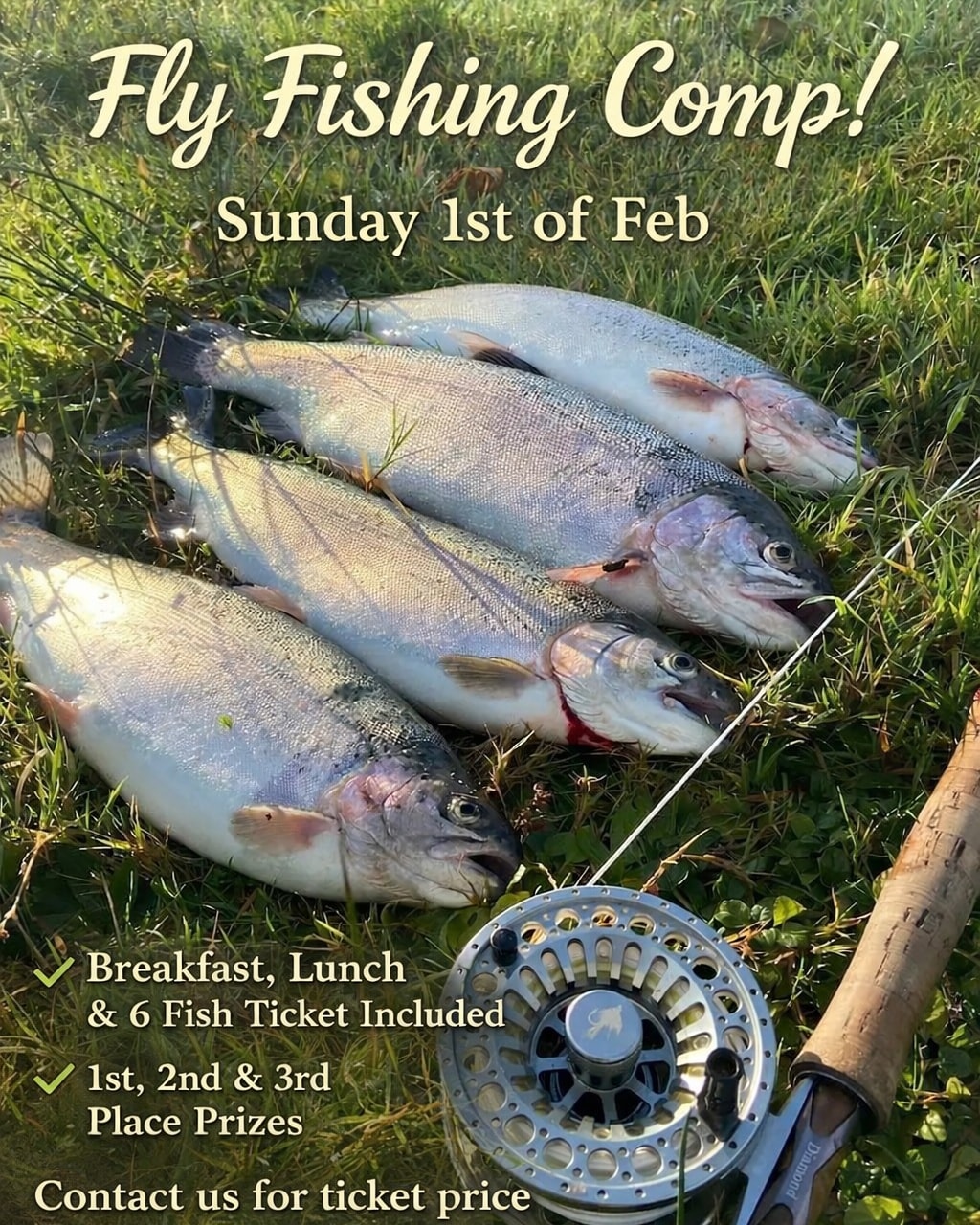
There are numerous dates for the diary over the coming months as we move towards Spring. The popular South West Fly Fair is to be held at Roadford Reservoir on Sunday February 22nd. Charles Jardine will once again be the guest of honour as fly Fishing enthusiasts from across the West Country gather in anticipation at the dawning of a new season.
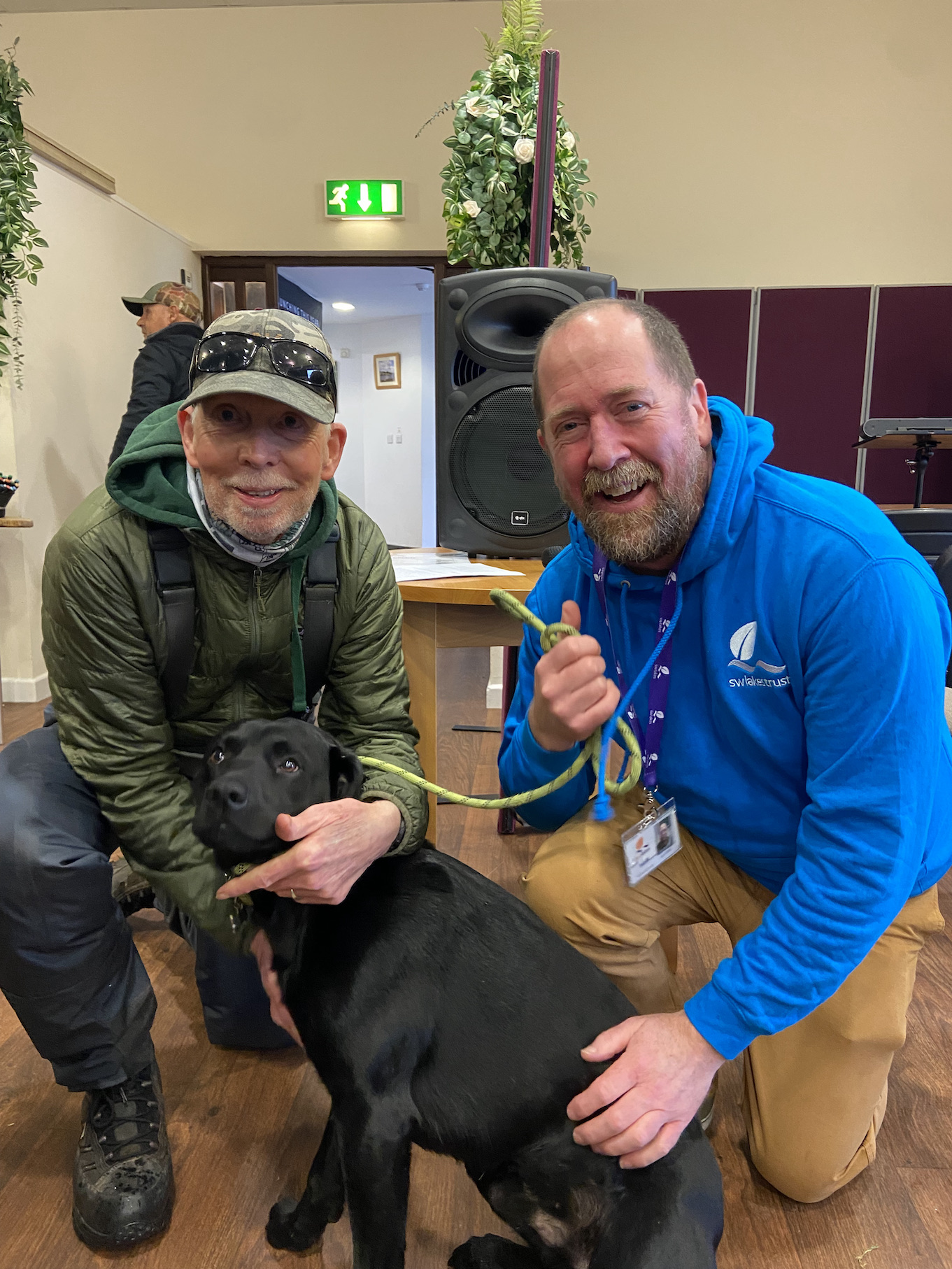
Trout and Salmon magazine is now under the editorship of Pete Tyjas whose home water is the River Taw. A gathering to celebrate the start of a new season is presented by Trout and Salmon magazine is to be held at the Fox and Hounds between Friday March 27th and the 29th. The event has a full program of speakers, demonstrations and exhibitors together with food, drink and the opportunity to mingle with fellow anglers and their families. Contact the Fox and Hounds Country Hotel for full details.
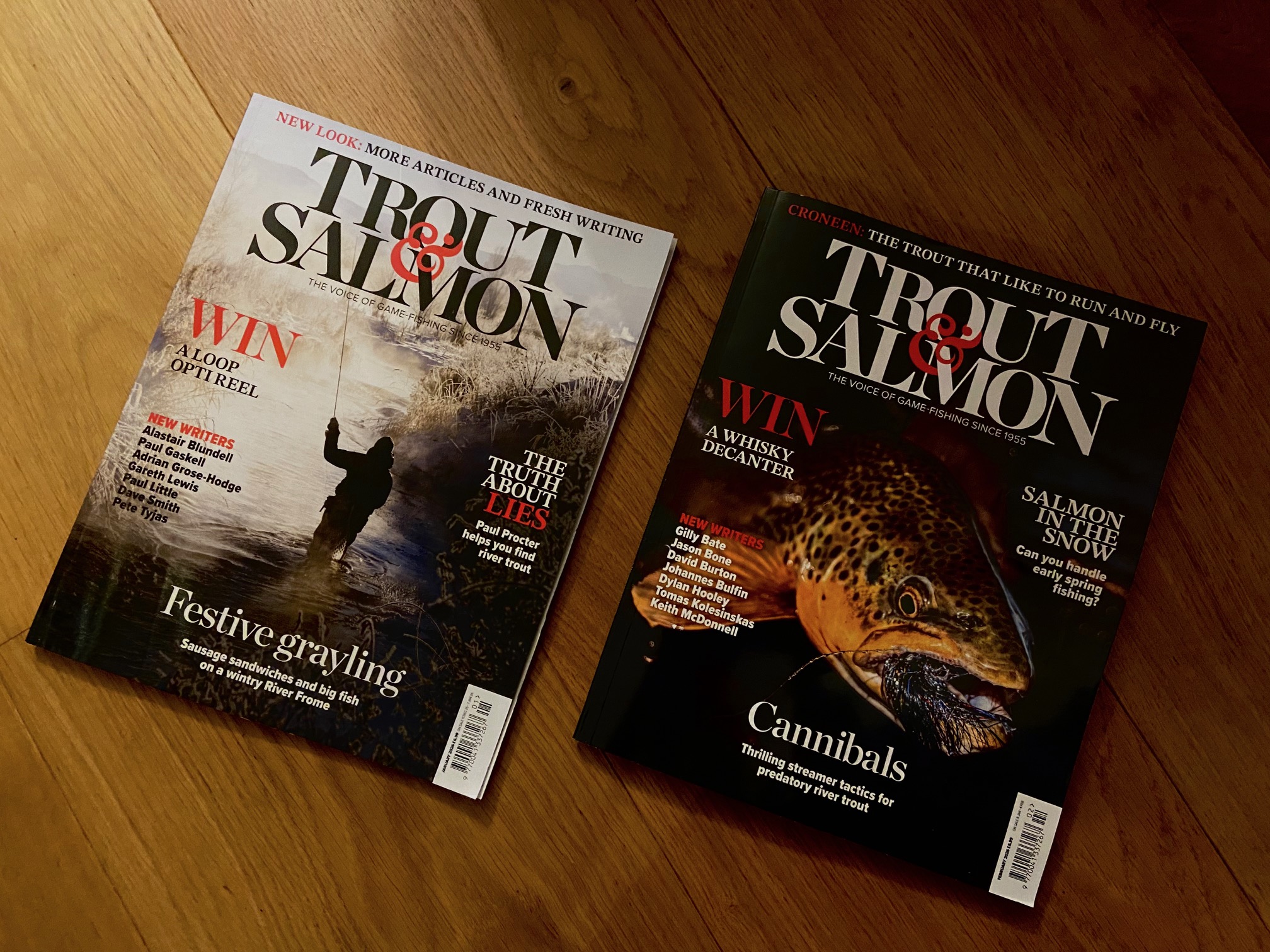

Wild Trout Trust Auction 13-22 March 2026: auction.wildtrout.org
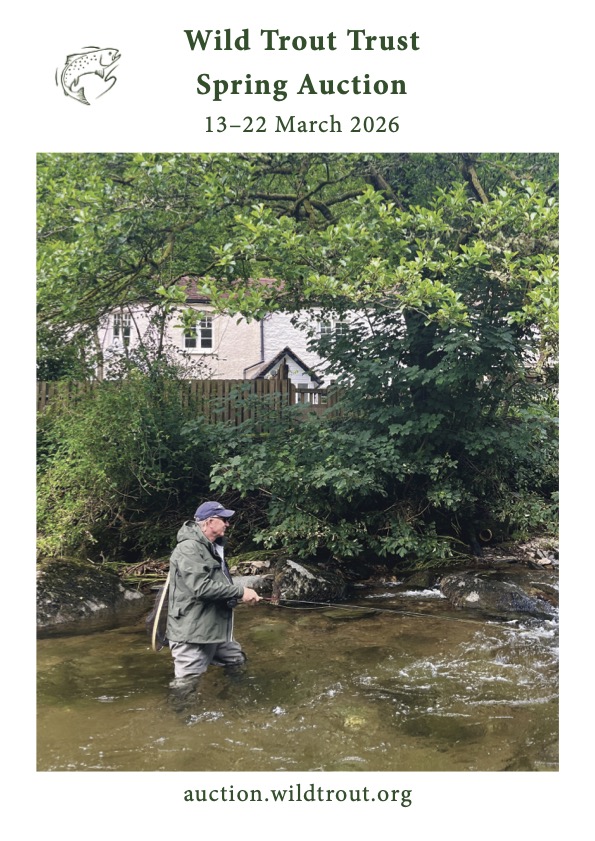
Wild Trout Trust Auction 13-22 March 2026: auction.wildtrout.org
Over 300 lots with guide prices from £8 to £1850
Days in England, Scotland, Ireland, Wales and overseas,
some on private and exclusive beats available only via this auction, including
fishing for trout, salmon, grayling, charr, bass, pike, barbel, carp, roach and more.
Plus: art, fishing tackle (new and used), expert-tied flies, literature and experience days.
Register to bid at www.auction.wildtrout.org
PDF catalogue available from 28 February.
Browse all the lots online from 5 March, with bidding live on 13 March.
All the funds raised in our annual charity auction will directly support the work of WTT’s Conservation Officers to deliver in-river habitat projects and give practical advice to anyone who needs help – landowners, fishing clubs, community groups and other conservation bodies.
To keep costs low, we run this auction on our own auction website. Proceeds will also play a crucial role
in getting practical projects off the ground by leveraging more funds from other sources.
Examples of fishing lots in the Wild Trout Trust Auction 2026
One day for 2 rods, wild trout fishing on Ross Brawn’s private beat of the River Itchen at St Cross, Winchester, including lunch with Ross. The beat is a mile of water and much of it has been beautifully improved, providing interesting main river and intimate and challenging carrier fishing (guide price £400).
One day for 2 rods fishing for ferox trout (up to 30lb) and big pike (up to 25lb) on Loch Awe, Scotland, with former WTT Trustee, Alan Kettle-White. Alan’s role as Senior Fisheries Biologist with Argyll Fisheries Trust involves tagging ferox in Loch Awe where he has caught fish of over 30lb. This is a great chance to learn about ecology and fish behaviour in big lochs. Best for ferox mid-March to June, and for pike June to September (guide price £300).
One day for 2 rods fishing the exclusive Cressbrook & Litton Club’s waters of the Derbyshire Wye with Don Stazicker. Don is a regular contributor to Trout & Salmon magazine. His recent book The Flies That Trout Prefer, co-authored with Peter Hayes, was researched on this highly productive river, where there is a good chance of catching wild rainbows as well as brown trout (guide price £240).
One day for 1 rod, dry fly fishing for wild brown trout on the clear limestone tributaries of the River Suir in Ireland with Phil Cobham and local guide, George McGrath. With lovely Cashel in Co Tipperary as a base, and stealth and accurate casting required, you’ll be seeking out rising fish during hatches that might include LDOs, Iron Blues, Alder fly, and later in May, the Mayfly (guide price £250).
One day for 2 rods on a private beat of the Upper Itchen at Chilland, accompanied by Nick Measham, who has fished this beat for many years. This exclusive double-bank beat, around ⅔ of a mile, offers pristine chalk stream fishing for wild brown trout and grayling. It has changed very little since it was fished by Viscount Grey of Falloden over 100 years ago (the ruins of his fishing cottage are nearby). Fly hatches are prolific and wild trout average well over 1lb (guide price £900).
Two days for 2 rods fishing for salmon, sea trout and brown trout on the Marnoch Lodge beat of the River Deveron in Scotland: a beautiful 2¼ mile beat, with 12 named pools and 2 bothies. The Deveron is rapidly becoming one of the premier large brown trout angling destinations in the UK, and Marnoch Lodge is one of the best beats on the river for trophy brown trout (guide price £300).
A day for 2 rods on the legendary Royalty Fishery of the Hampshire Avon, in Christchurch, including rare access to the Top Weir compound. Your target could be the river’s monstrous pike or barbel, with many other species to aim for, including sea trout, chub, dace and roach. You’ll be guided by the Fishery Manager and top angler, Dan Gale, who knows all the likely spots (guide price £300).
One day for 2 rods fly-fishing for wild brown trout on Llyn Gwyddior, a remote 31-acre lake high above Llanbrynmair, Mid Wales, fishing from the bank or from a club boat. Access is by 4×4 via forest tracks with spectacular views, and a good fish is about a pound, with some over 2lb (guide price £140).
Examples of non-fishing lots in the Wild Trout Trust Auction 2026
Your ‘best trout’ faithfully re-created in exquisite watercolour by Graham Stevenson, who has been painting watercolours of fish for over 30 years. Capture the memory of that special fish in a unique, life-size, side-view portrait of your trout up to 80cm in length (guide price £800).
One day for 1 or 2 people with acclaimed photographer Dick Hawkes, exploring the Hampshire Avon. Get creative in beautiful surroundings, learning how to capture fantastic nature photographs, and gain further inspiration from a signed copy of Chalk Streams: A Unique Environment Worth Conserving, Dick’s celebrated photo book (guide price £150).
Thirty-six North Country Spiders tied by Nathan Friel, presented in a Walters’ Navy Cut cigarette tin. Tied using traditional fur, feather and silk on Partridge Spider, short shank, straight eye hooks. Patterns include: Partridge and Orange size 14; Black Magic size 18; Waterhen Bloa size 16; Yorkshire Greenwell size 14; Snipe and Purple size 16; Dark Watchet size 16 (guide price £90).
For more information and photos, please contact Christina Bryant
[email protected] / 023 9257 0985
Happy New Year from Jo Minoprio
A New Year Message from Jo Minoprio who held regular art exhibitions at Landacre Barn.
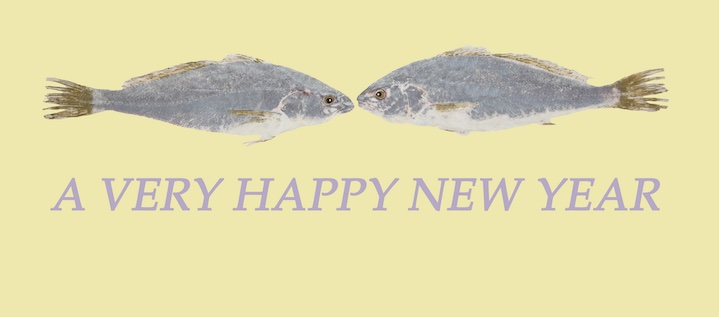
For now I am continuing with my fish impressions, and if you click on the link below you can look at my website.
or follow me on Instagram at: fish_fabulous_fish
Here’s wishing the artists among you a year of inspiration and high productivity!!
And to you all good health and happiness. Jo
South West Fly Fair 2026 – February 22nd

The season may be over but there is plenty to look forward too.
 Fly Fair Guests
Fly Fair Guests
Winter Mullet Win Festive Fish
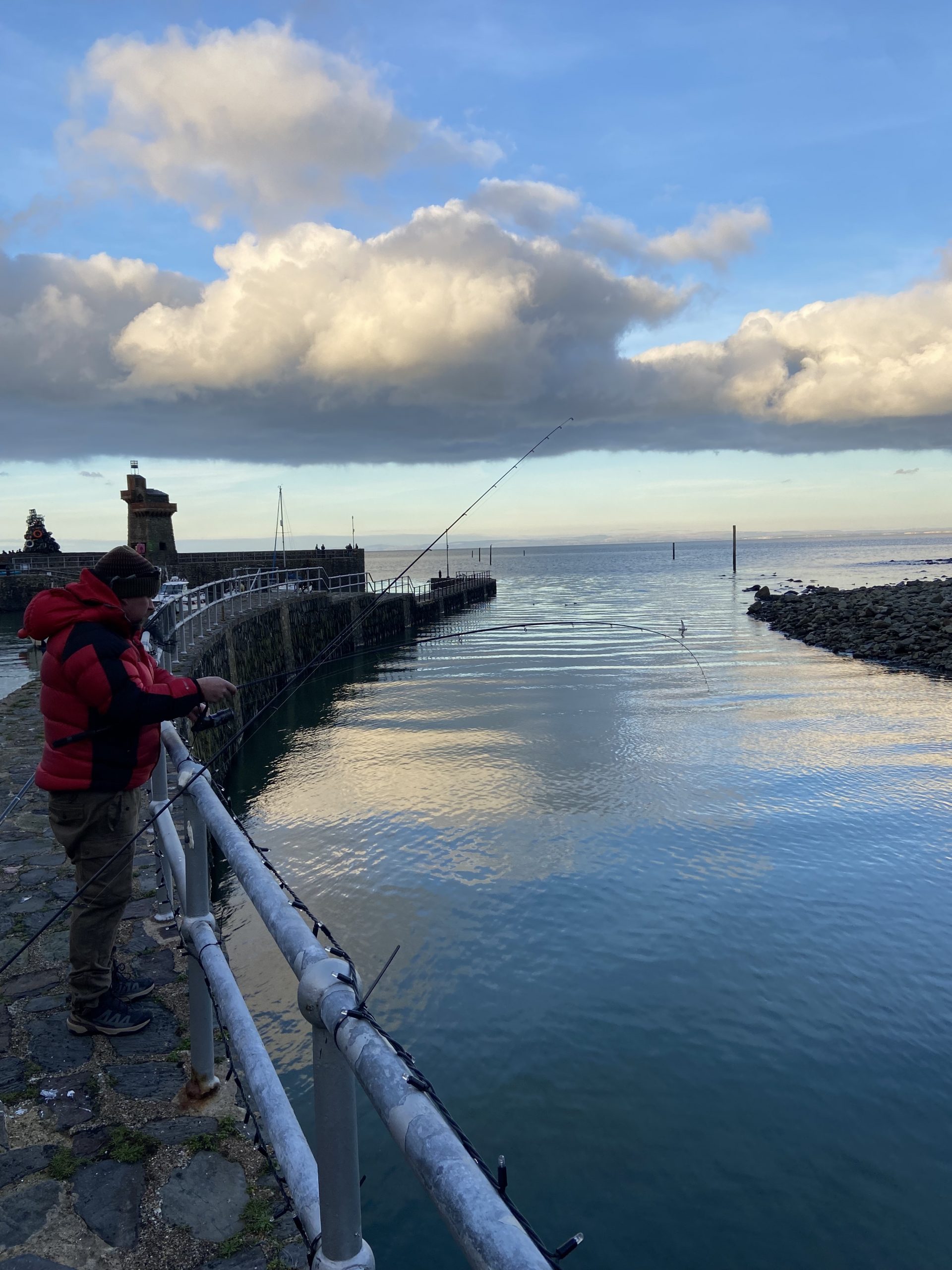
Combe Martin SAC members held their annual festive fish over the Christmas and New Year period with a handful of members braving the elements. Several members targeted grey mullet a species that just a few decades ago would have been considered a fish of the warmer months. The winner of the competition was Daniel Welch with a specimen thick lipped mullet of 4lb. Runner up was Wayne Thomas with a dogfish of 2lb 7oz.
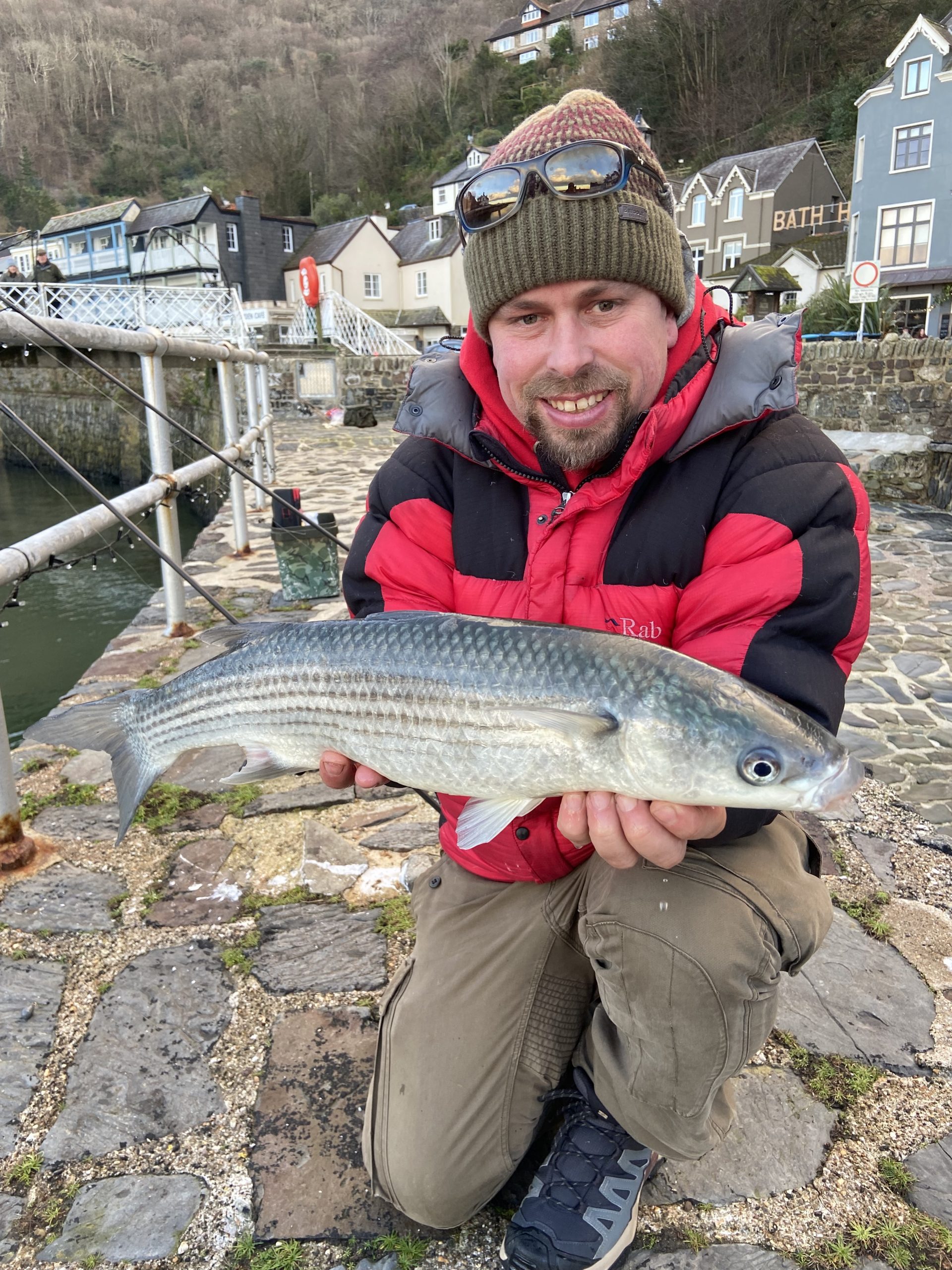

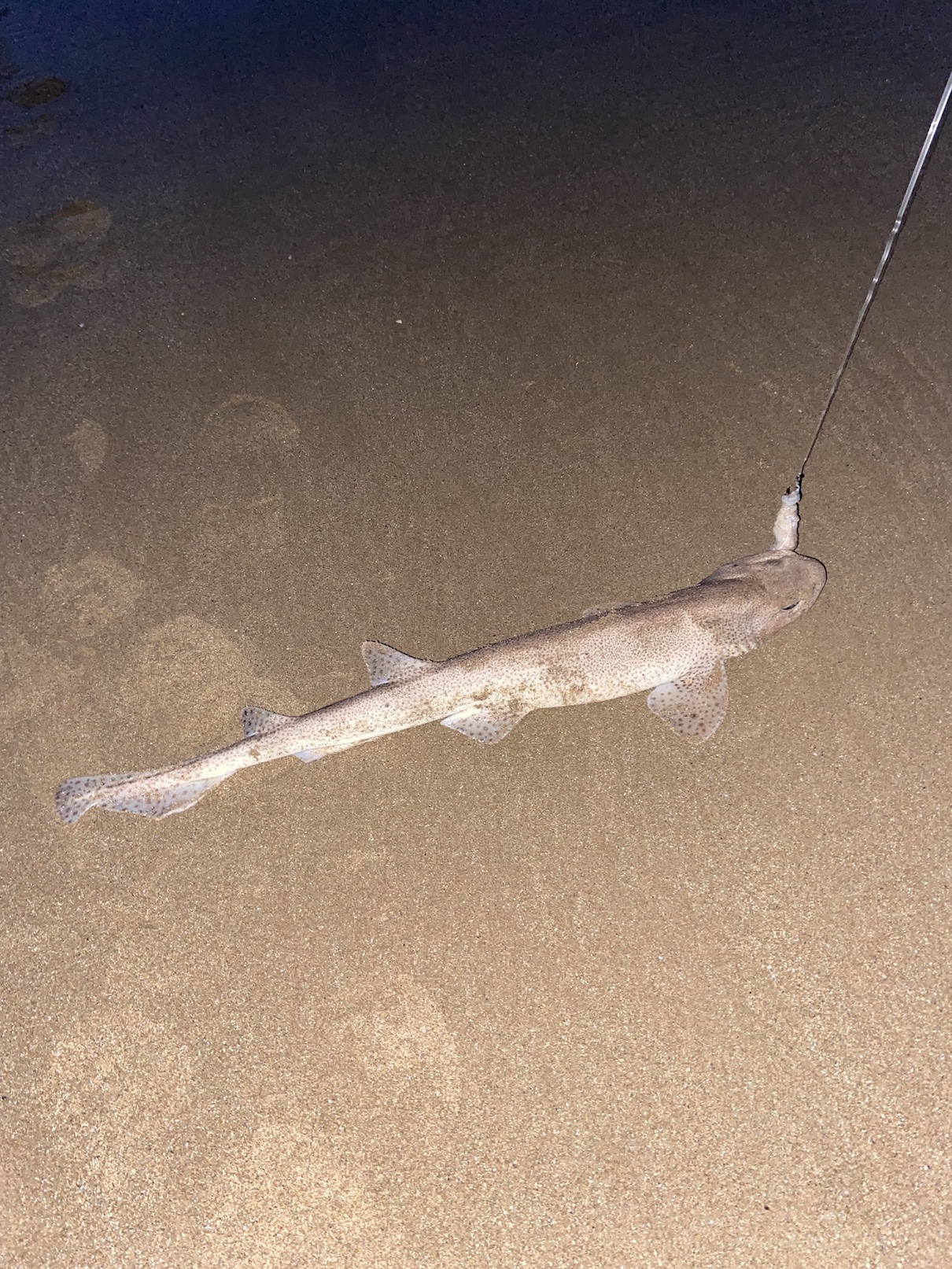
Combe Martin SAC member John Shapland did not enter the club competition but still continued to seek the thick lipped grey mullet that are his speciality. A personal best of 5lb 7oz and a smaller specimen of 4lb 6oz were his reward for enduring a bitingly cold North East wind.
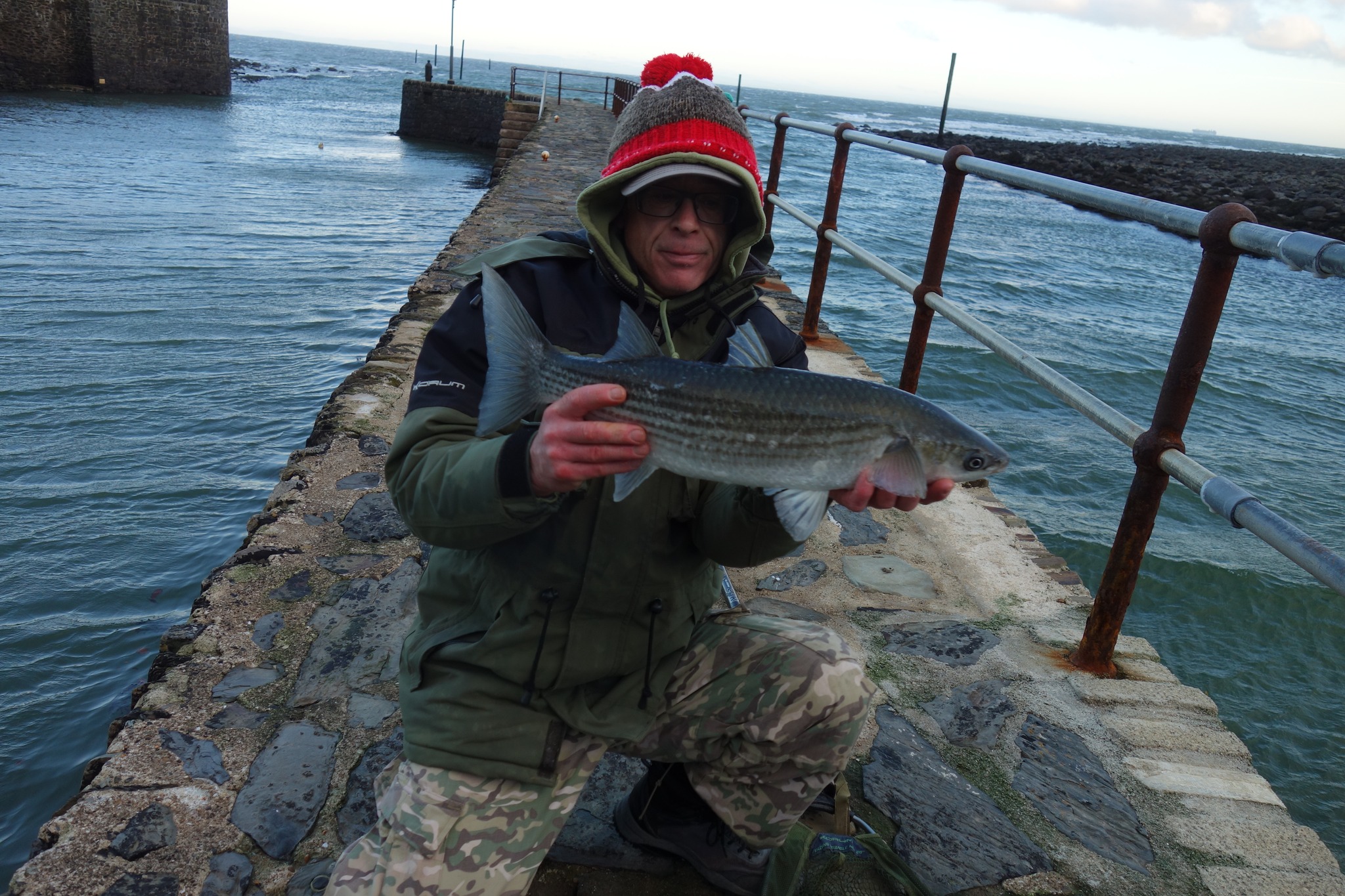

A Danglers Diary – December 2025
SHORE FISHING

Its starting to look a lot like Christmas at the local harbour and after a succession of dogfish a moderate Bull huss takes the bait.
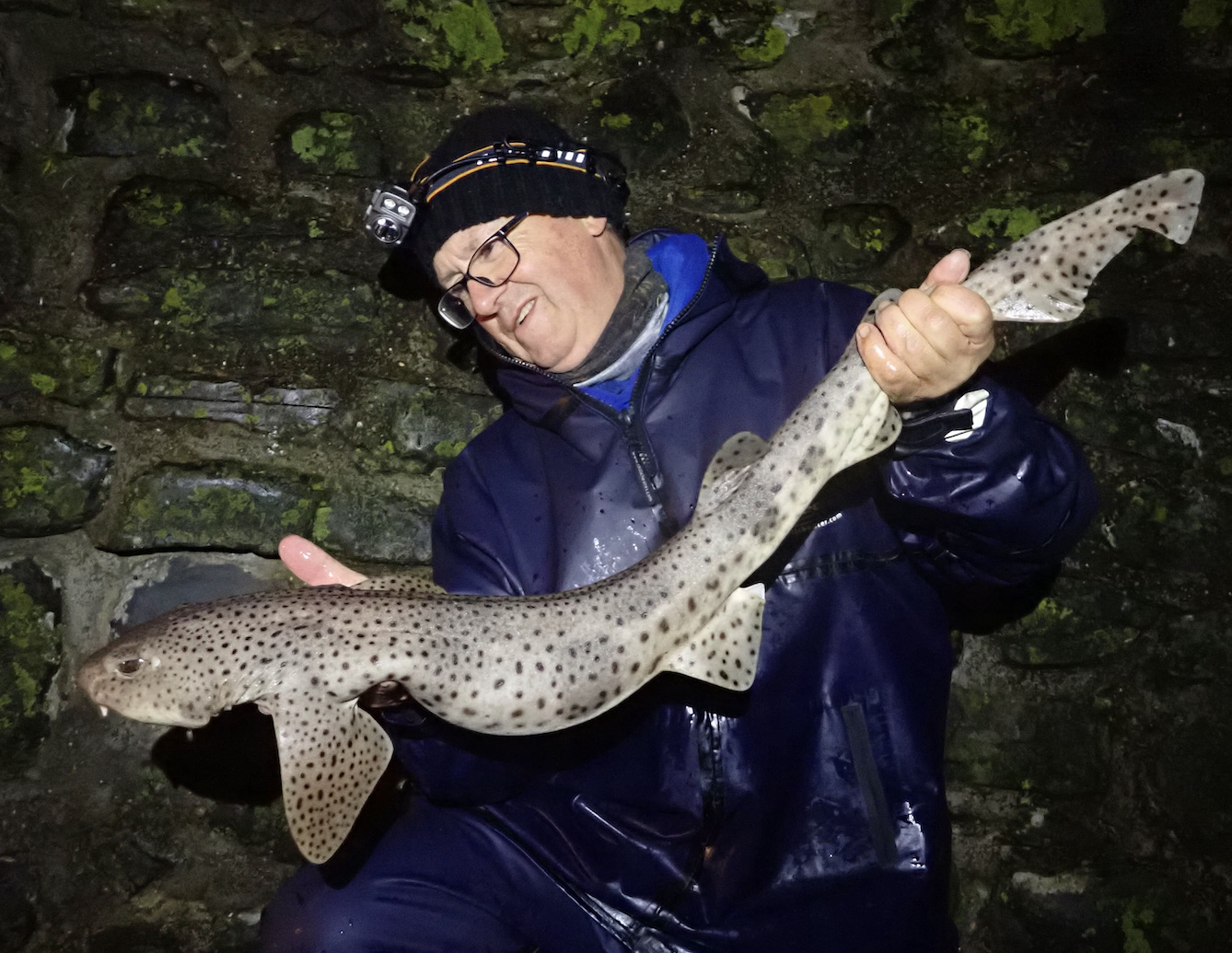
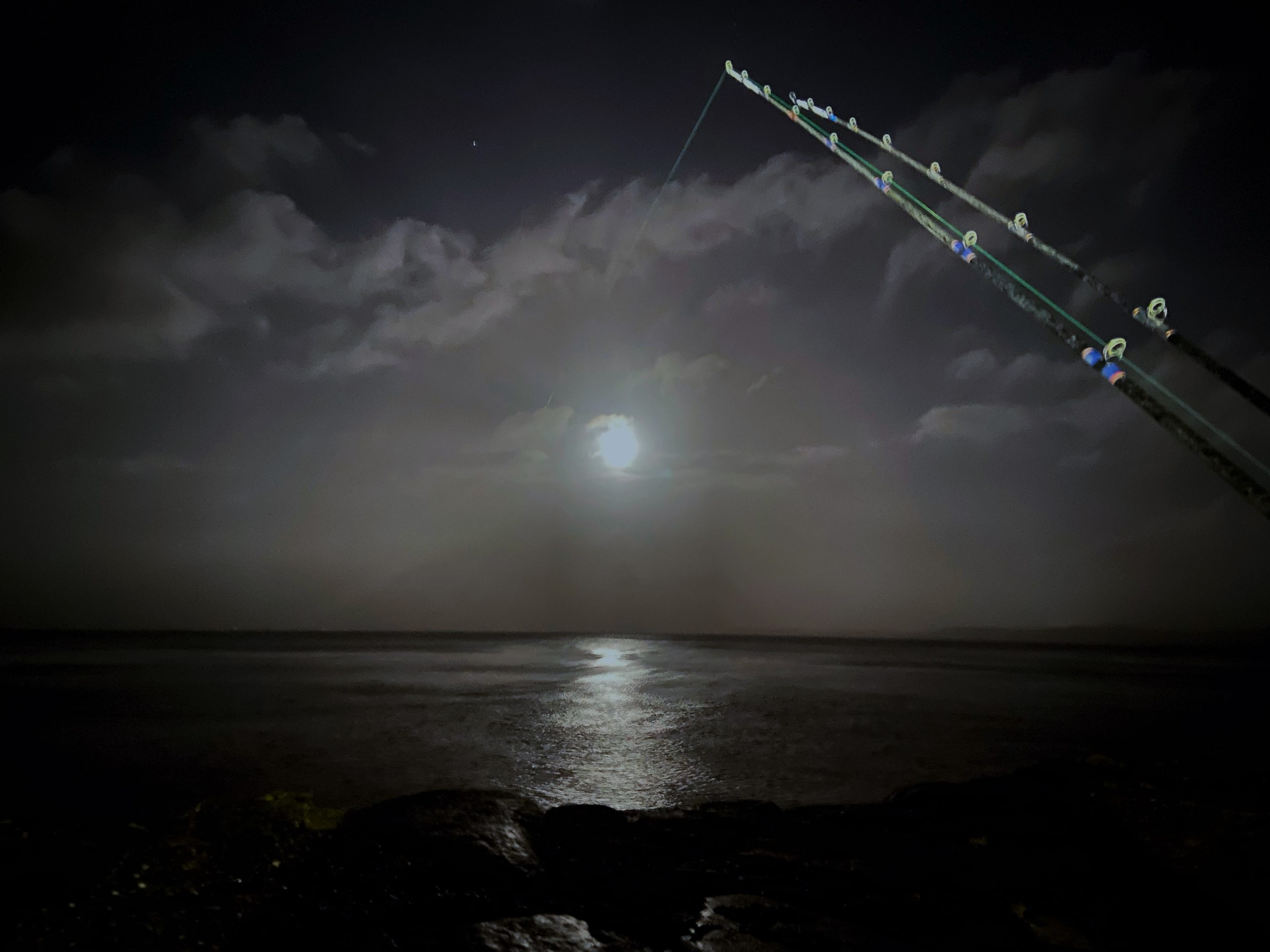

TROUT FROM STILLWATERS
The Fluff Chucker’s Stillwater event is held on the calm waters of the Arundell’s lake. After coffee and bacon rolls a friendly competition is held and I am pleased to secure the biggest fish and runner up in the event netting eight trout the biggest brown trout of 43cm. Many thanks must go to Rodney Wevill who does the bulk of the work in organising these get togethers.
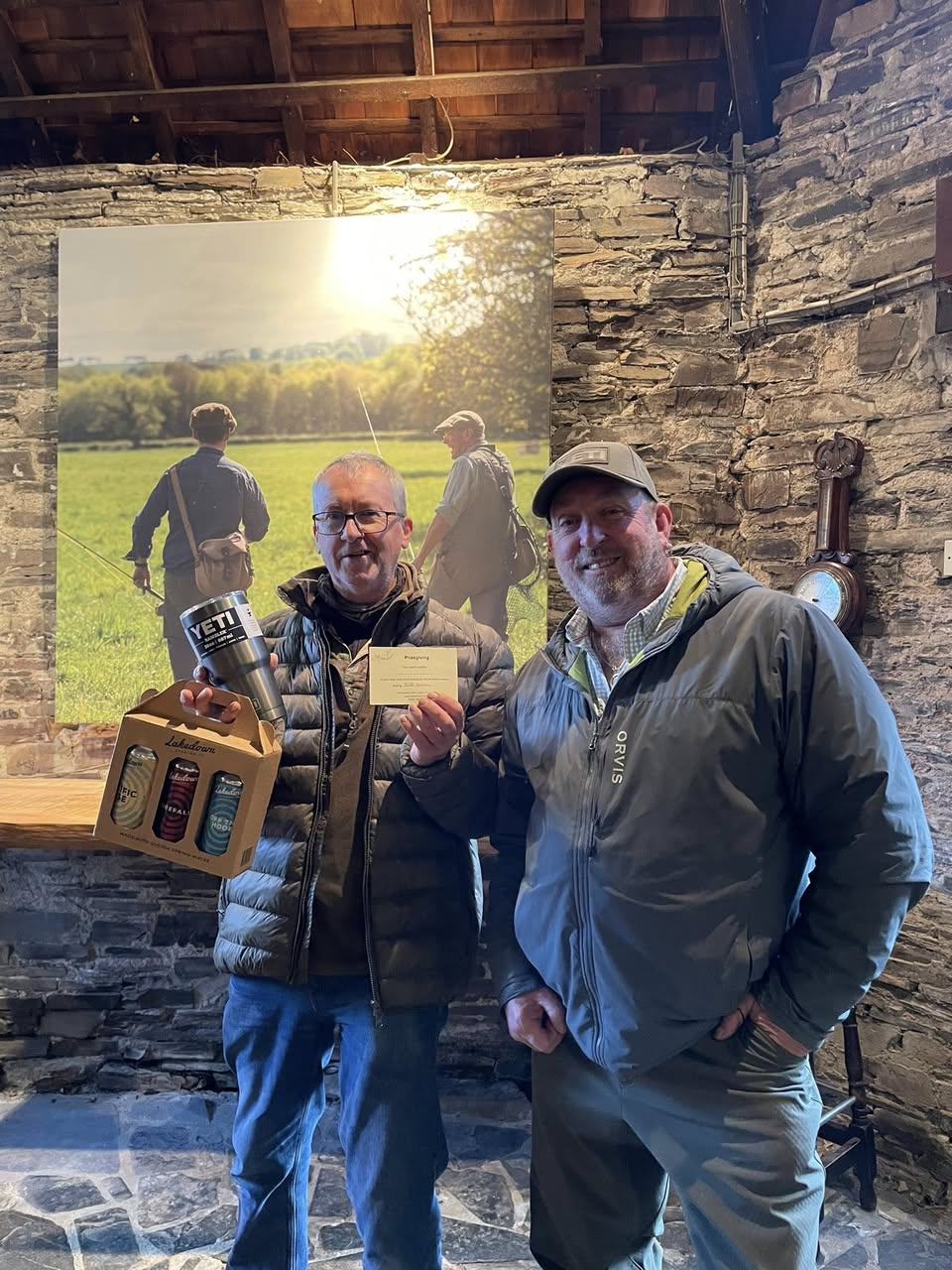

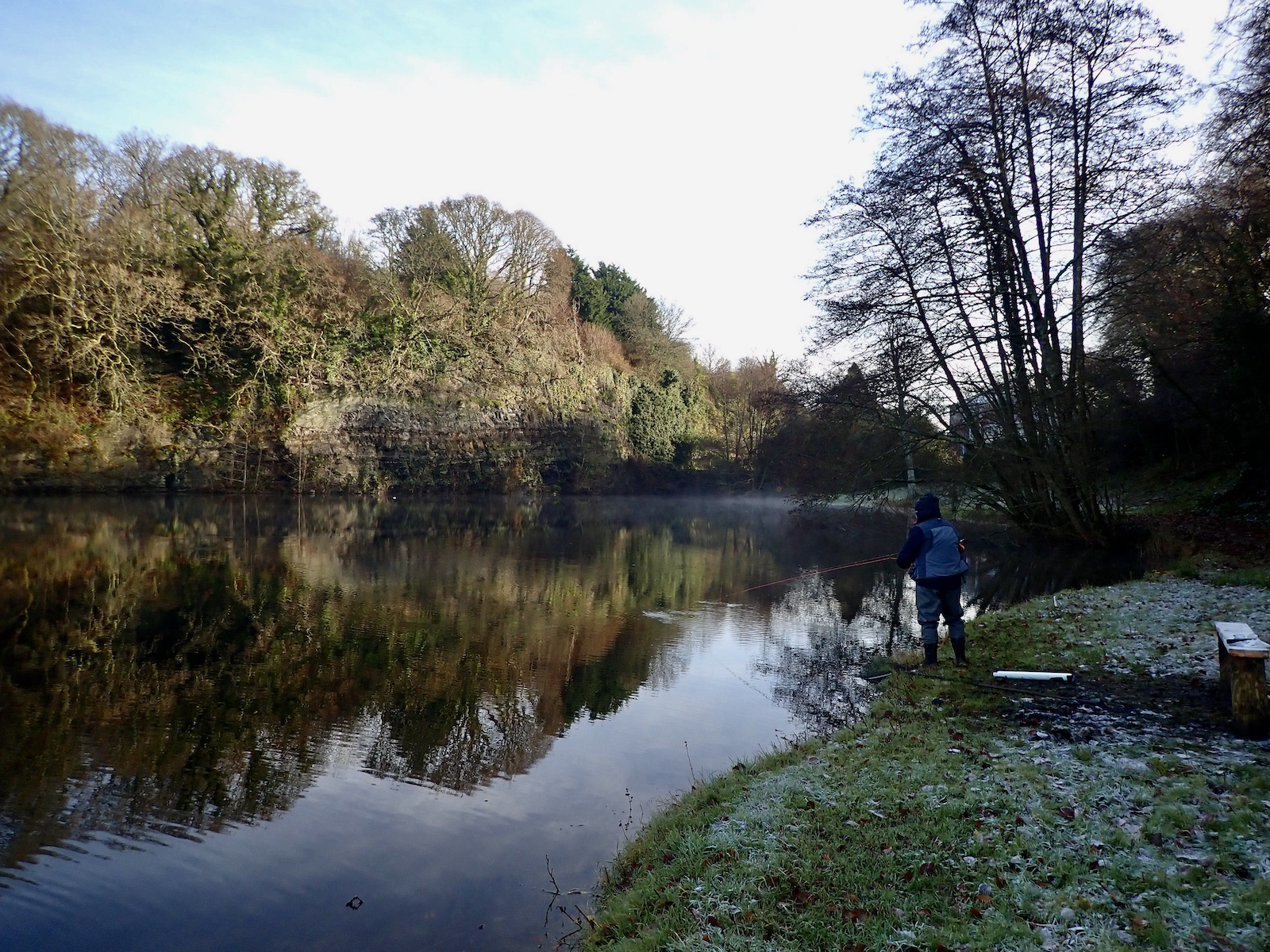


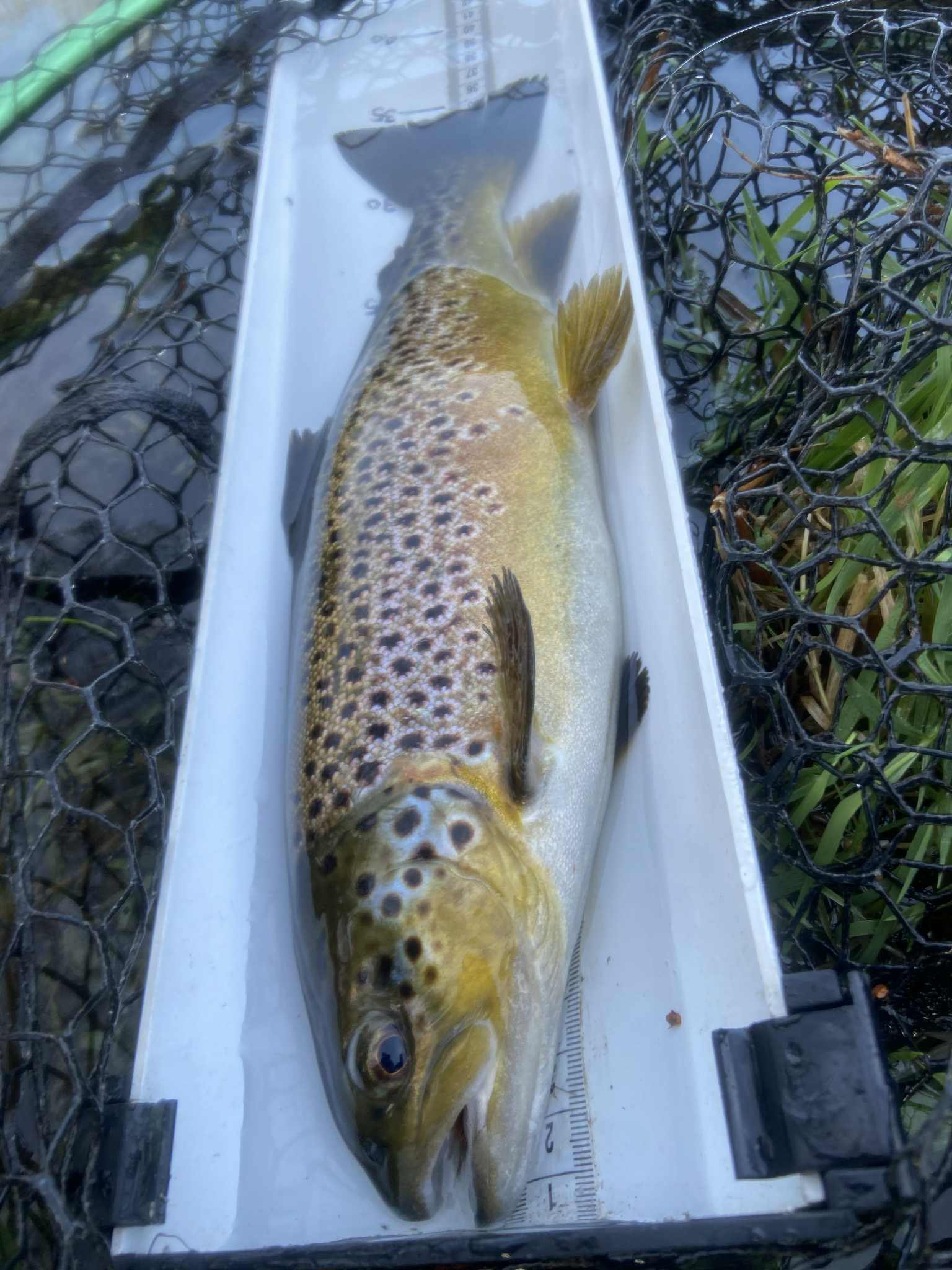
FLOUNDER FISHING
The Triple Hook Turkey Flounder Open is a popular fixture and its good to visit the estuary to dig a few ragworm before the competition. Angling certainly takes you to some interesting places.
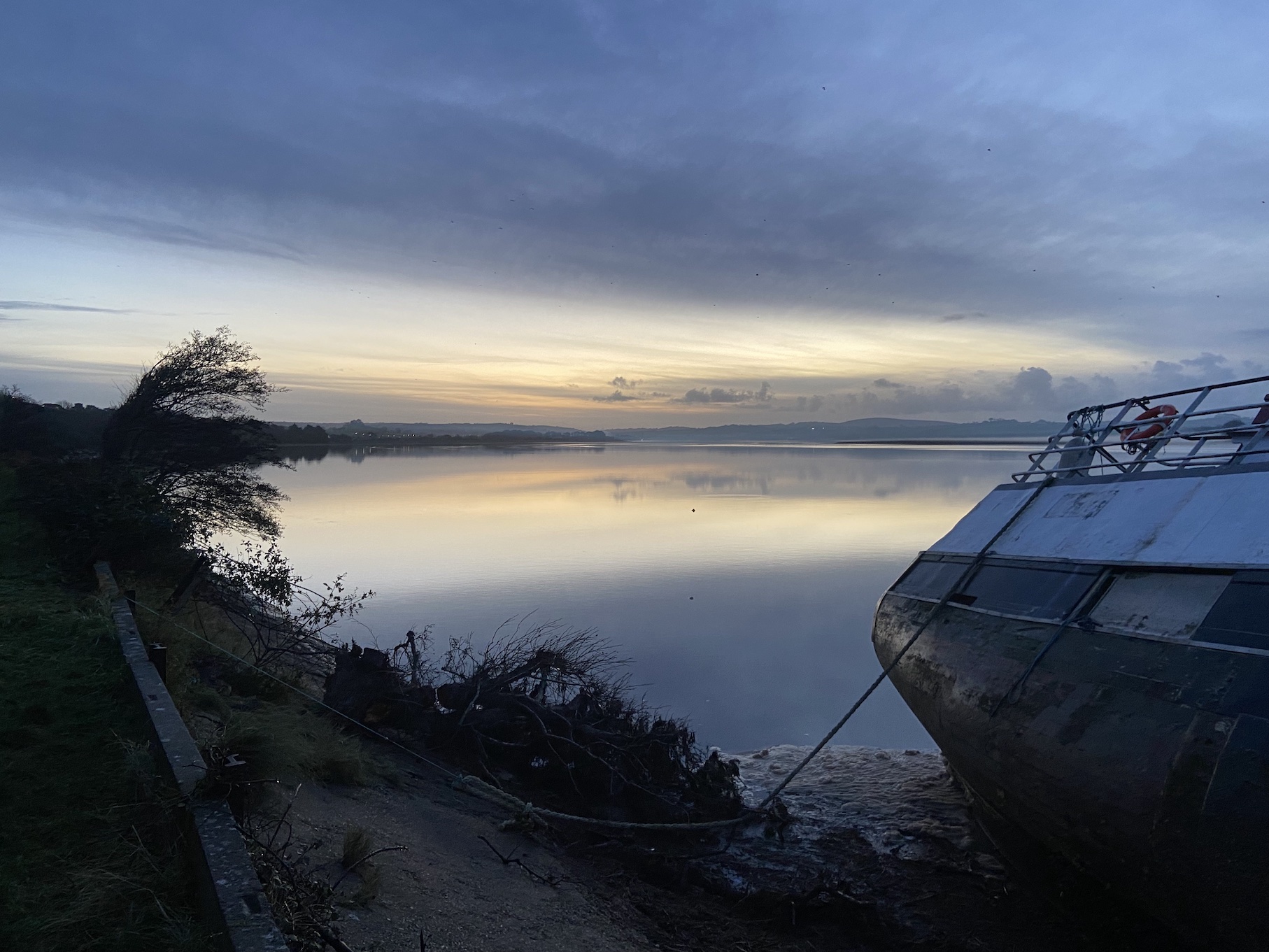
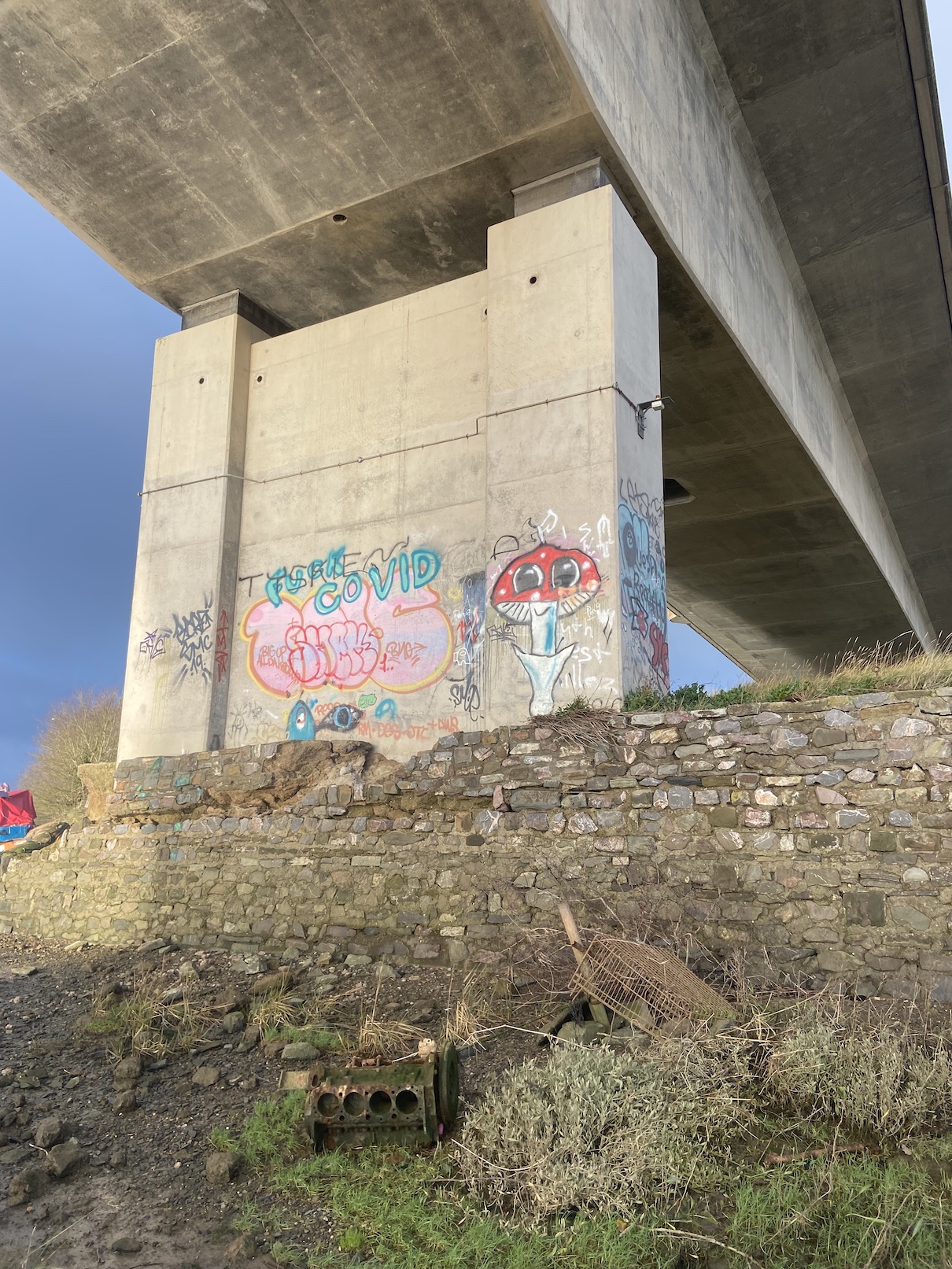
The day of the competition coincides with the Winter Solstice and I savour the sunrise above Barnstaple as the tide ebbs. Skeins of geese fly over and the haunting cry of the curlew drifts through the morning air.
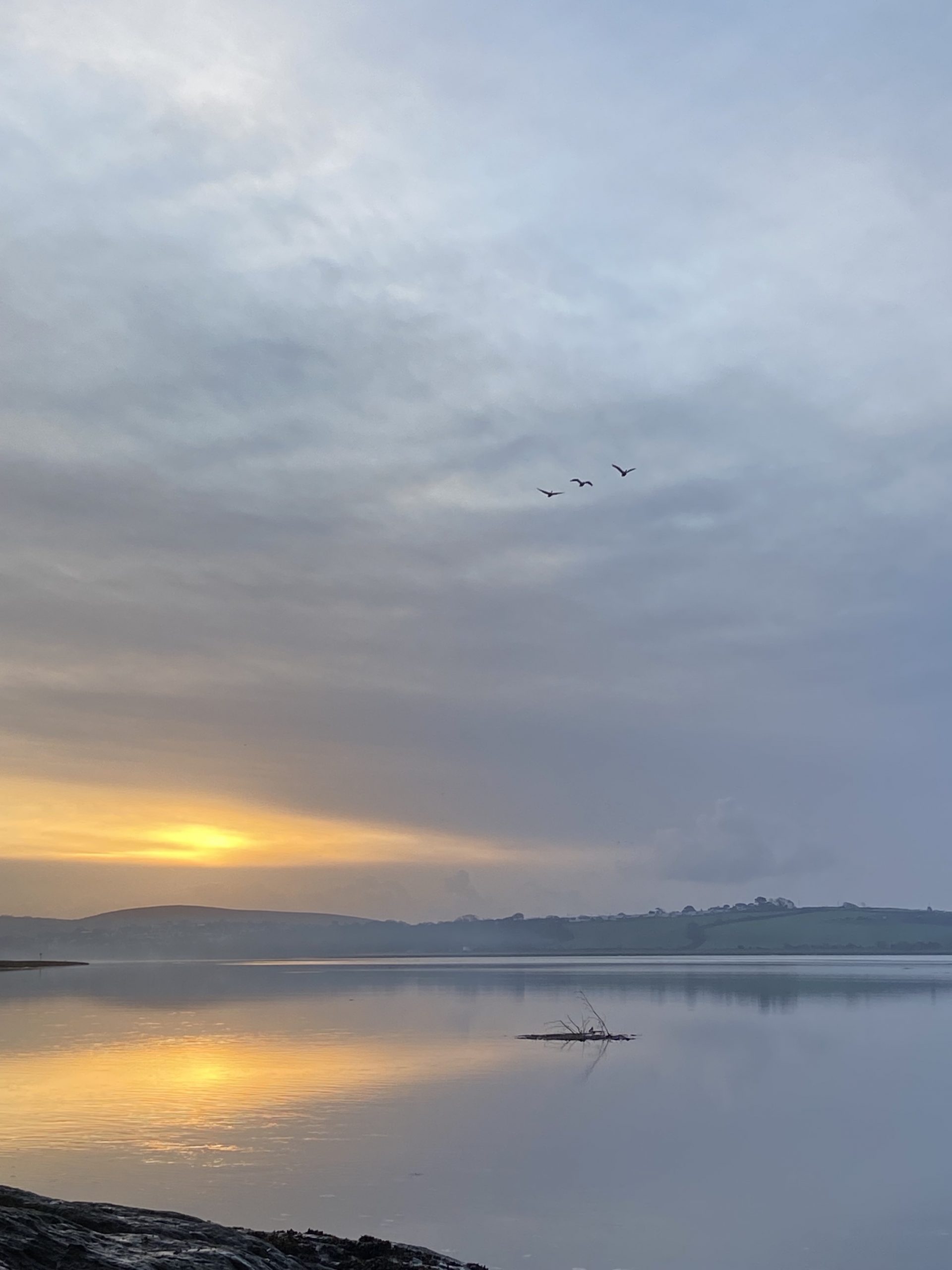
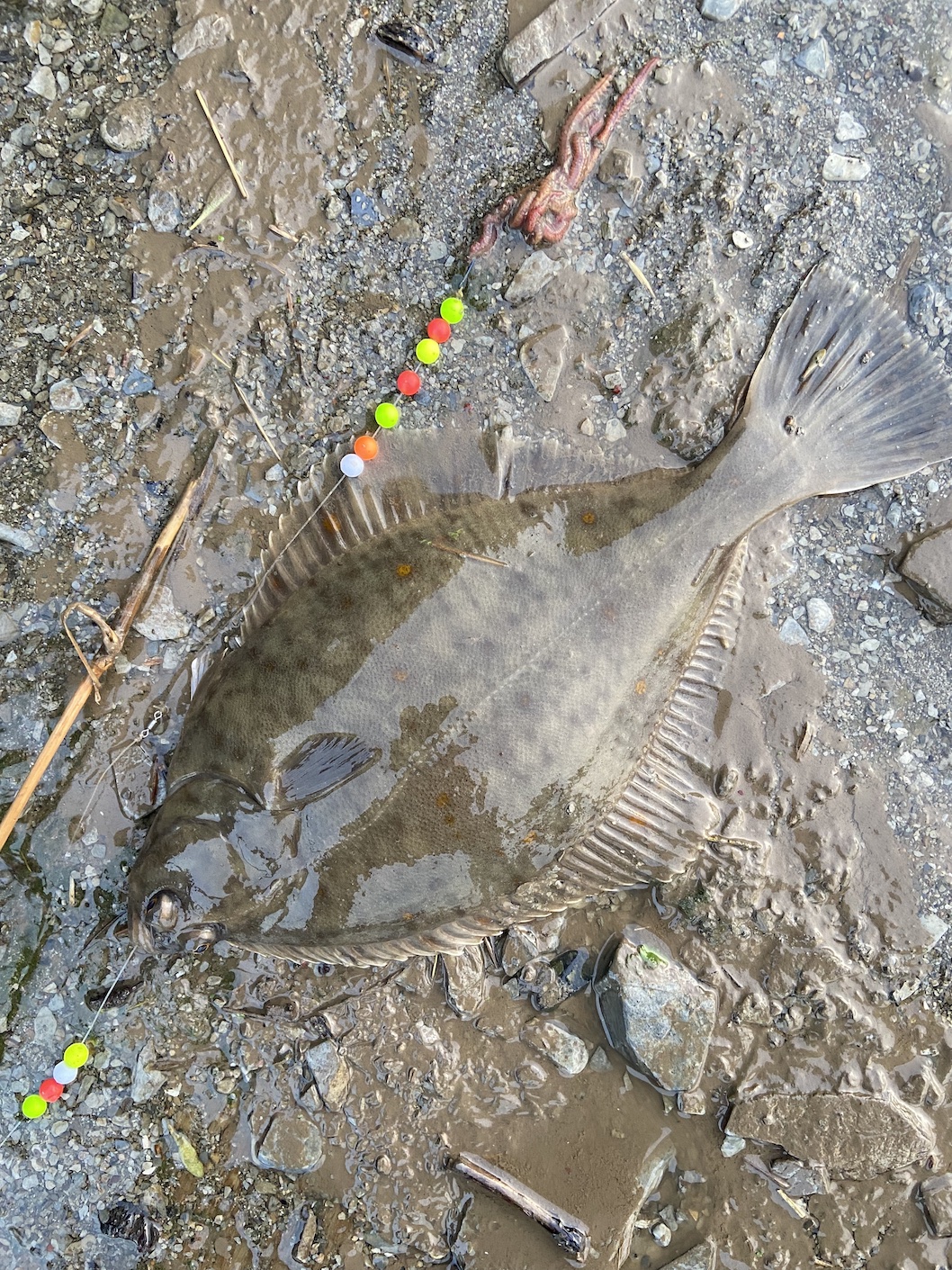
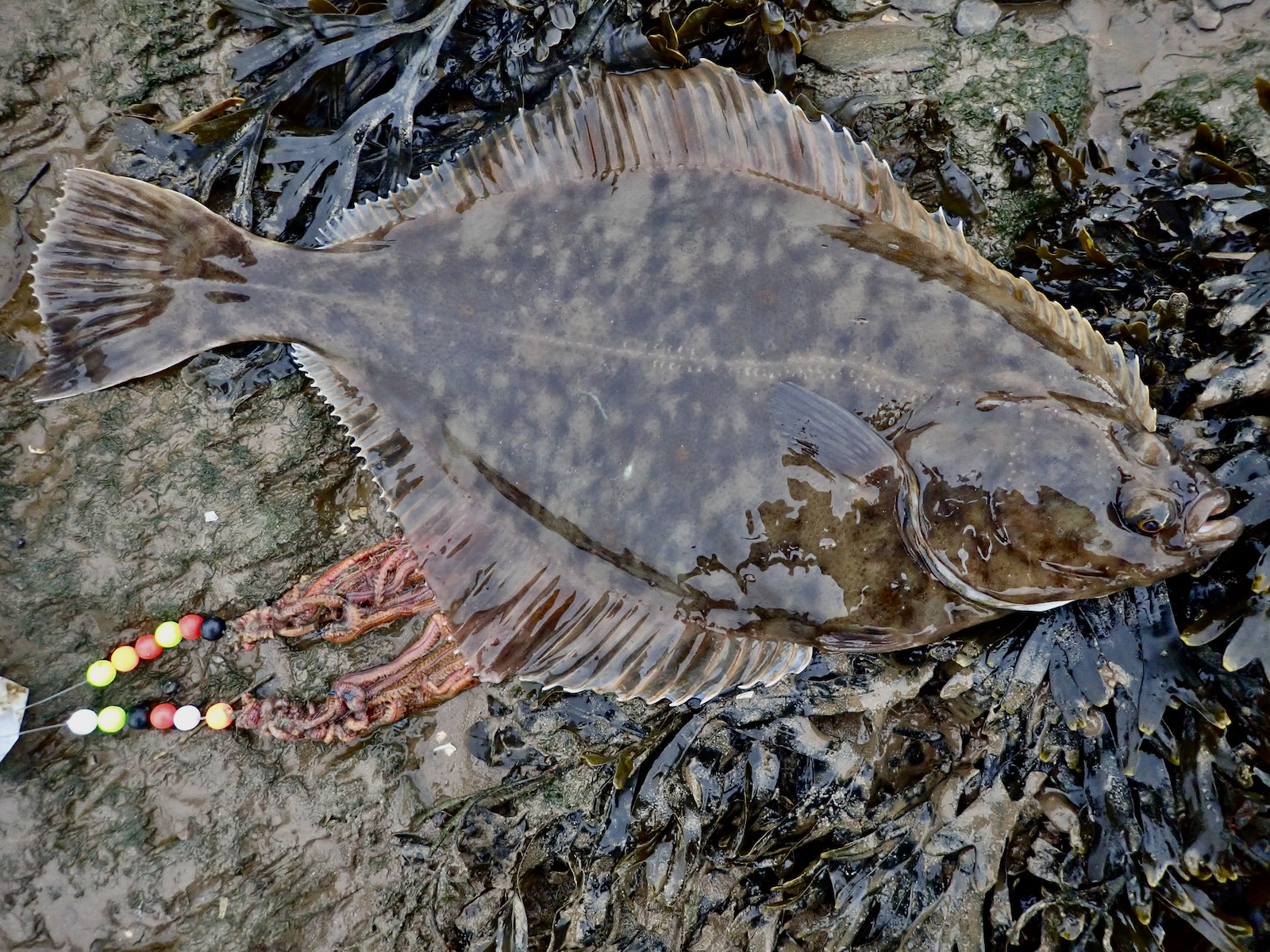
I even manage a brace of flounder the biggest of which secures turkey Christmas Dinner
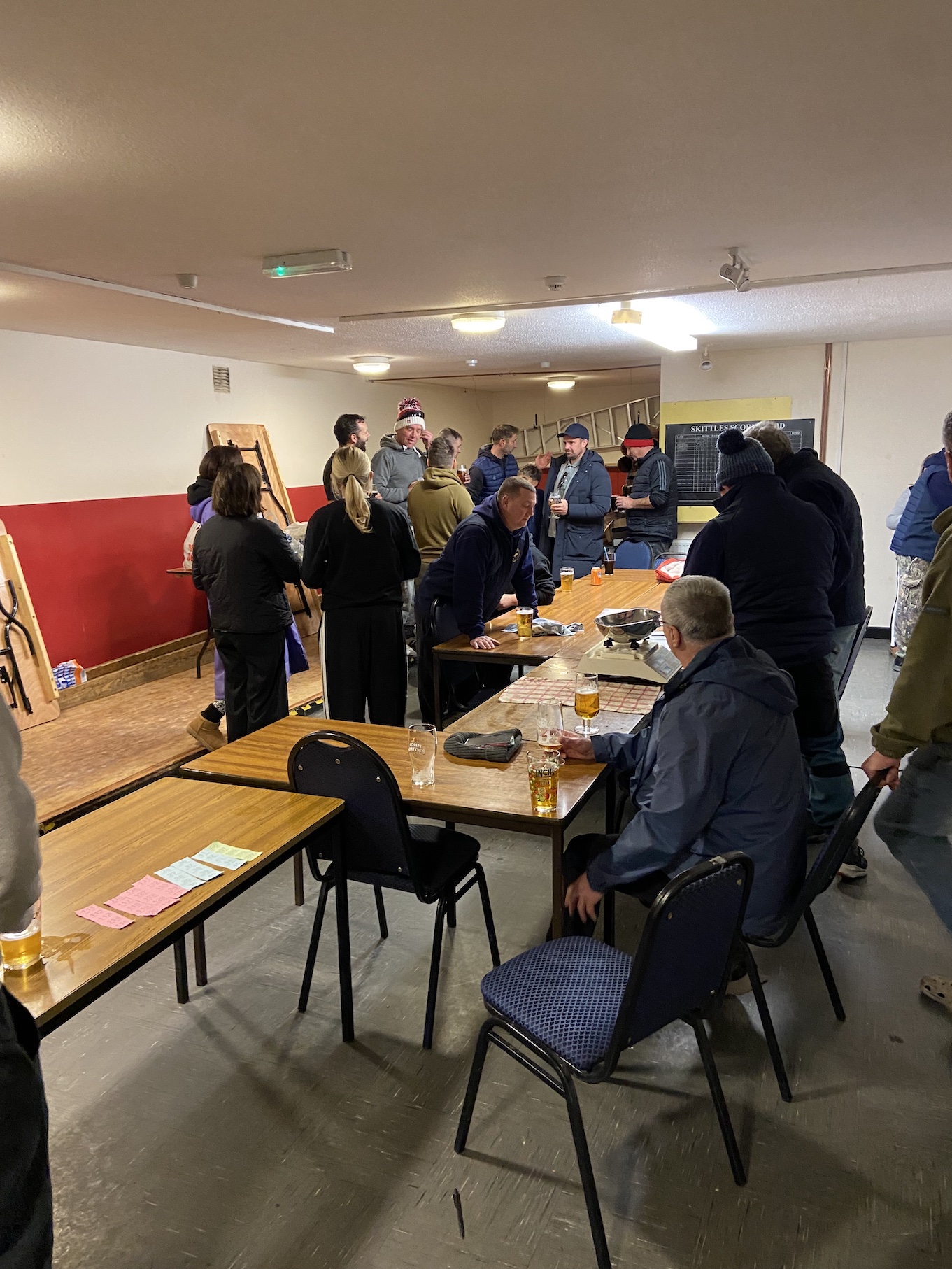

Beach Fishing
Its Combe Martin SAC’s Festive Fish so I head out to fish a local beach sheltered from the bitter North East Wind I reel in a few dogfish and a small Bull huss. The best doggie is 2lb 7oz the biggest I have caught or a while.


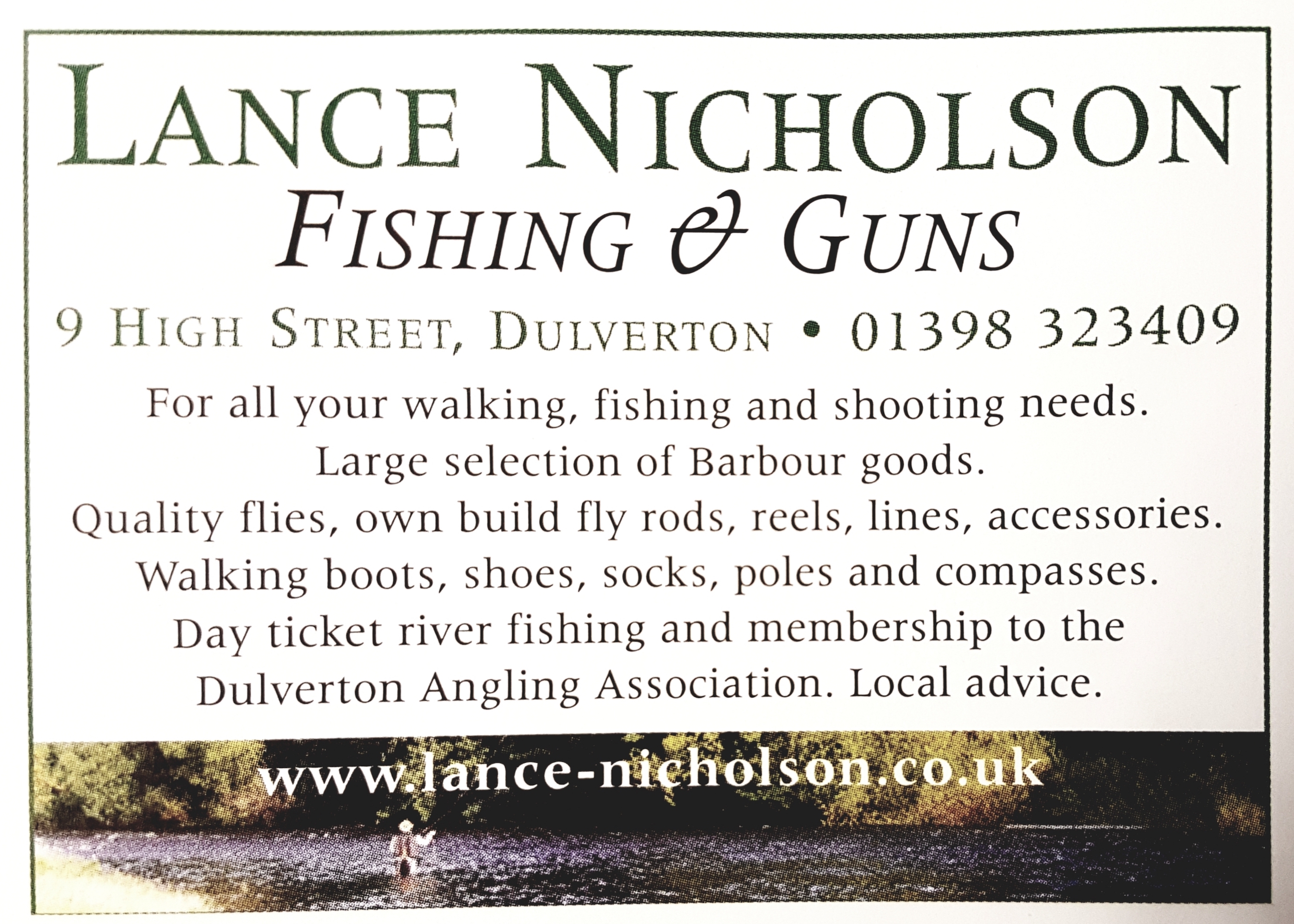
PIKE FISHING
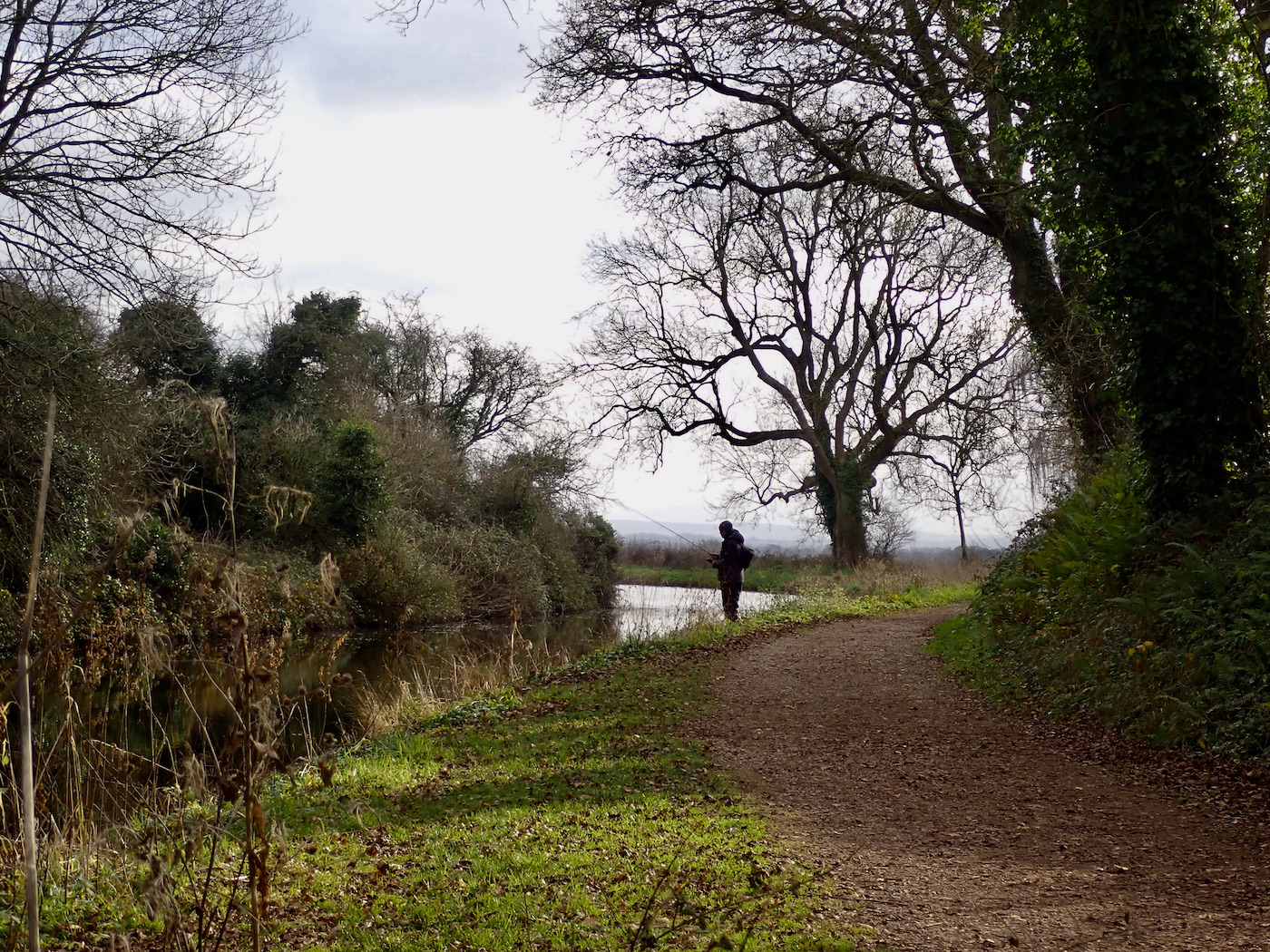
James and I spend a day exploring Tiverton Canal hoping to tempt pike or perch on lures. Its a bitter cold lazy east wind but after enjoying a full English at the appropriate Fishermans Cott we have a good day. A few small jacks follow the lures but we cannot get a hit. The kingfishers entertain and James manages to capture them with his camera.
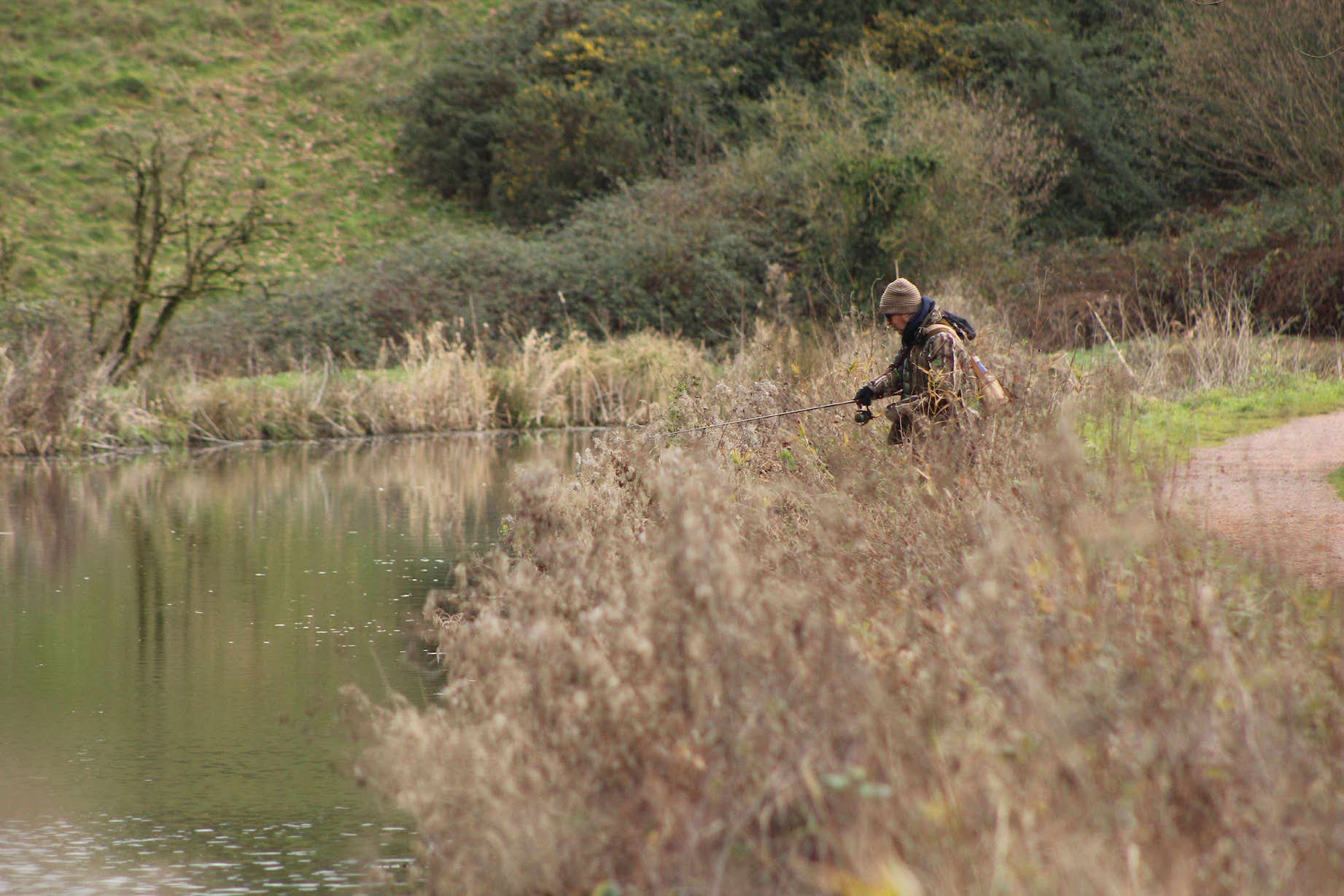
Winter Mullet
On the last day of 2025 I fish for the elusive grey mullet. I glimpse a few good fish and the rod tip trembles a few times but I fail to connect. Its cold but there is not a breath of wind as the sun slowly sets on the year.
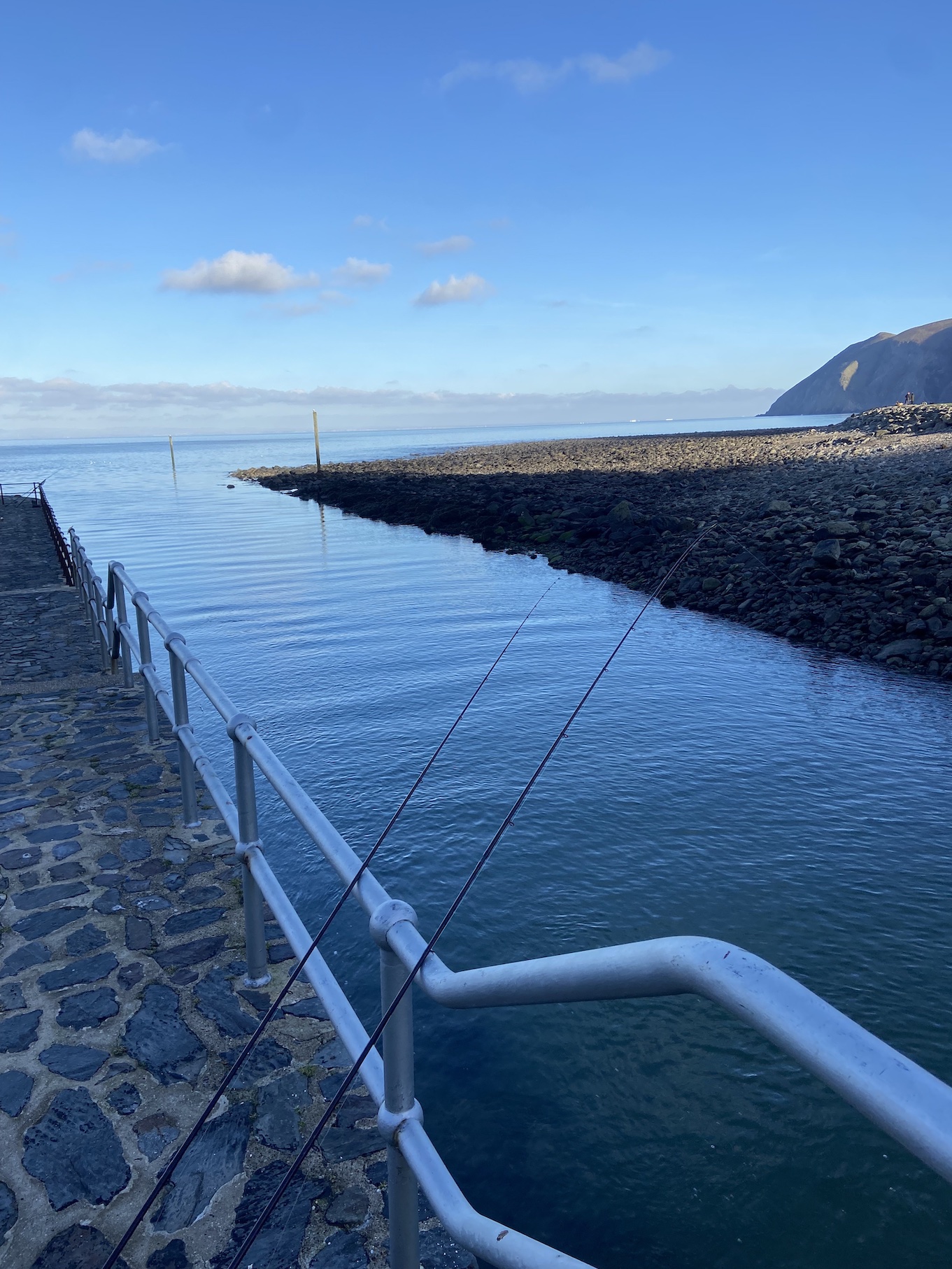
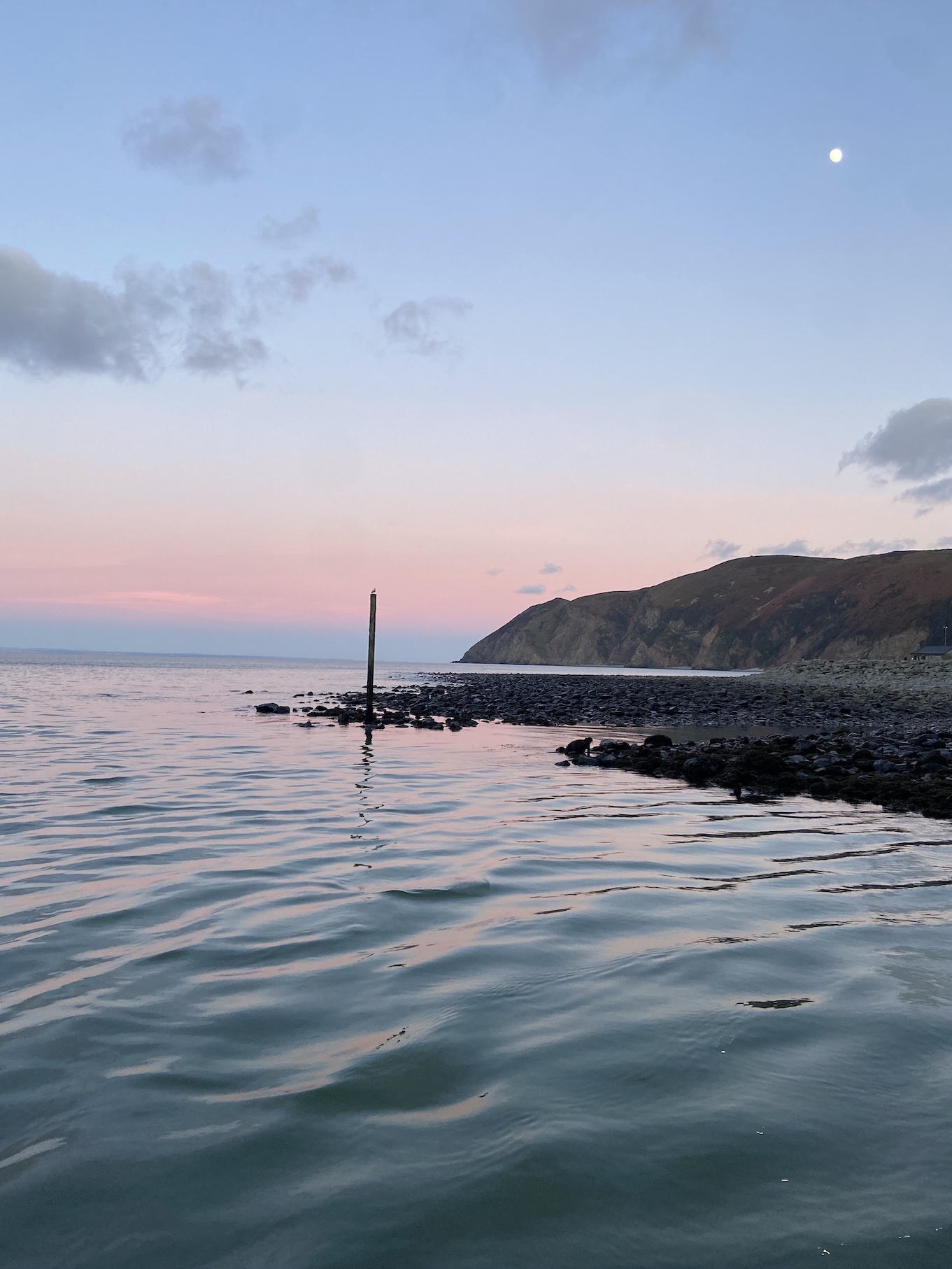
The time must come to all of us, who live long, when memory is more than prospect. An angler who has reached this stage, and reviews the pleasures of life, will be grateful and glad that he has been an angler, for he will look back on days radiant with happiness, peaks and peaks of enjoyment that are not less bright because they are lit in memory by the light of a setting sun.
From Fly Fishing by Edward Grey of Fallodon (1930 Edition)

A Contrast in fish and fishers
I am an avid collector of angling books and was delighted to receive these excellent books at Christmas. Whilst I have not yet read them on glancing through them I noted how diverse angling is and how different species can attract across a wide spectrum of anglers. The Last Cast book by David Nickson is a reflection upon the life of a 95 year old salmon angler. The Anguilla book is the work of the National Anguilla Club whose members fish for eels. Both books have migratory fish as their focus both incredible species that travel vast distances in both fresh and saltwater.
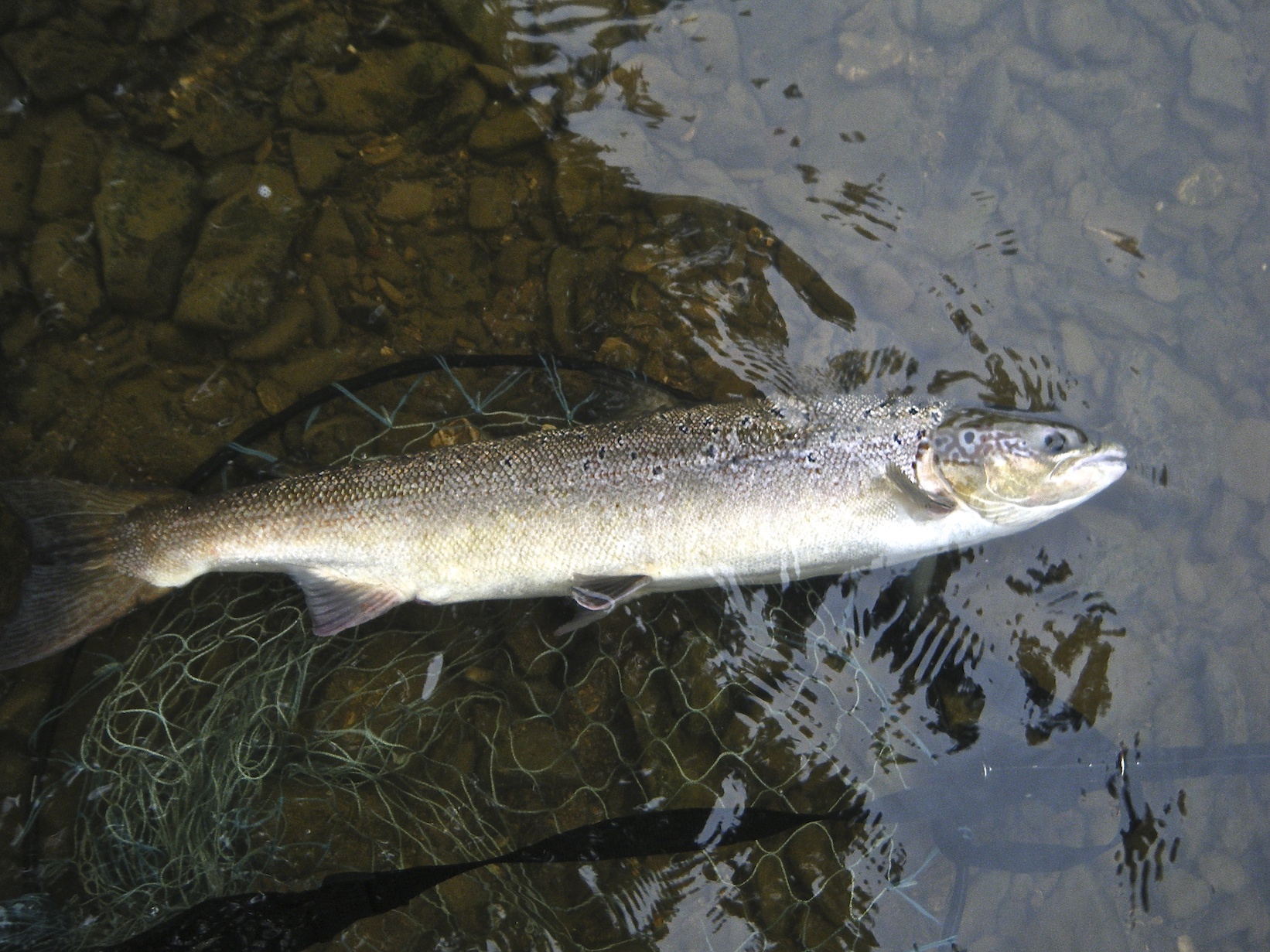
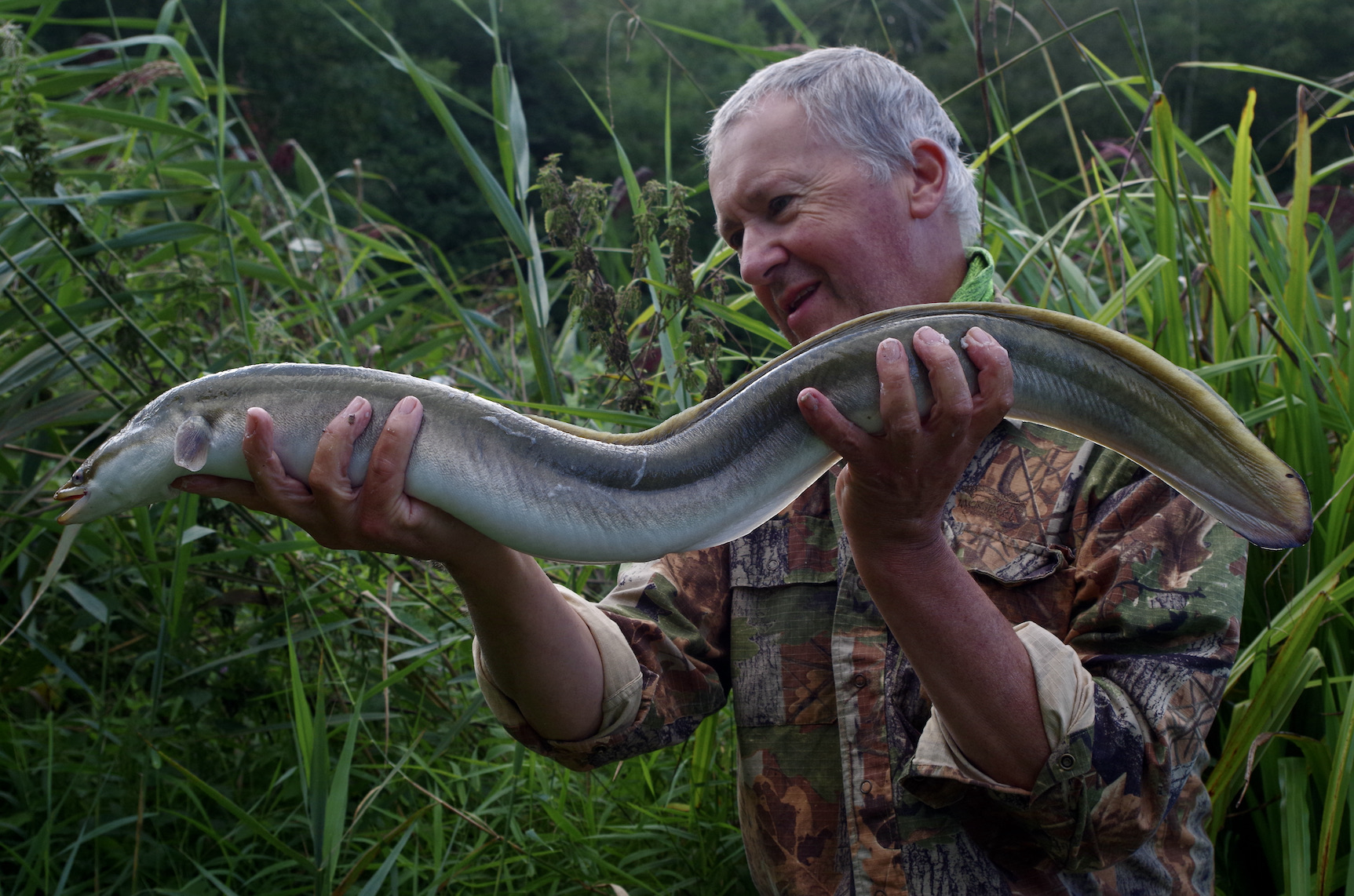
The salmon anglers tend to be very much traditional members of the Upper classes whilst the eel anglers would be very much what would have been classed as working class. The waters fished are also generally contrasting with salmon very much connected to powerful fast flowing rivers. Eels are more likely to be dwelling within dark mysterious stillwaters. Its all angling to me and I relish each species with my favourite very much the species I am fishing for at the time.
